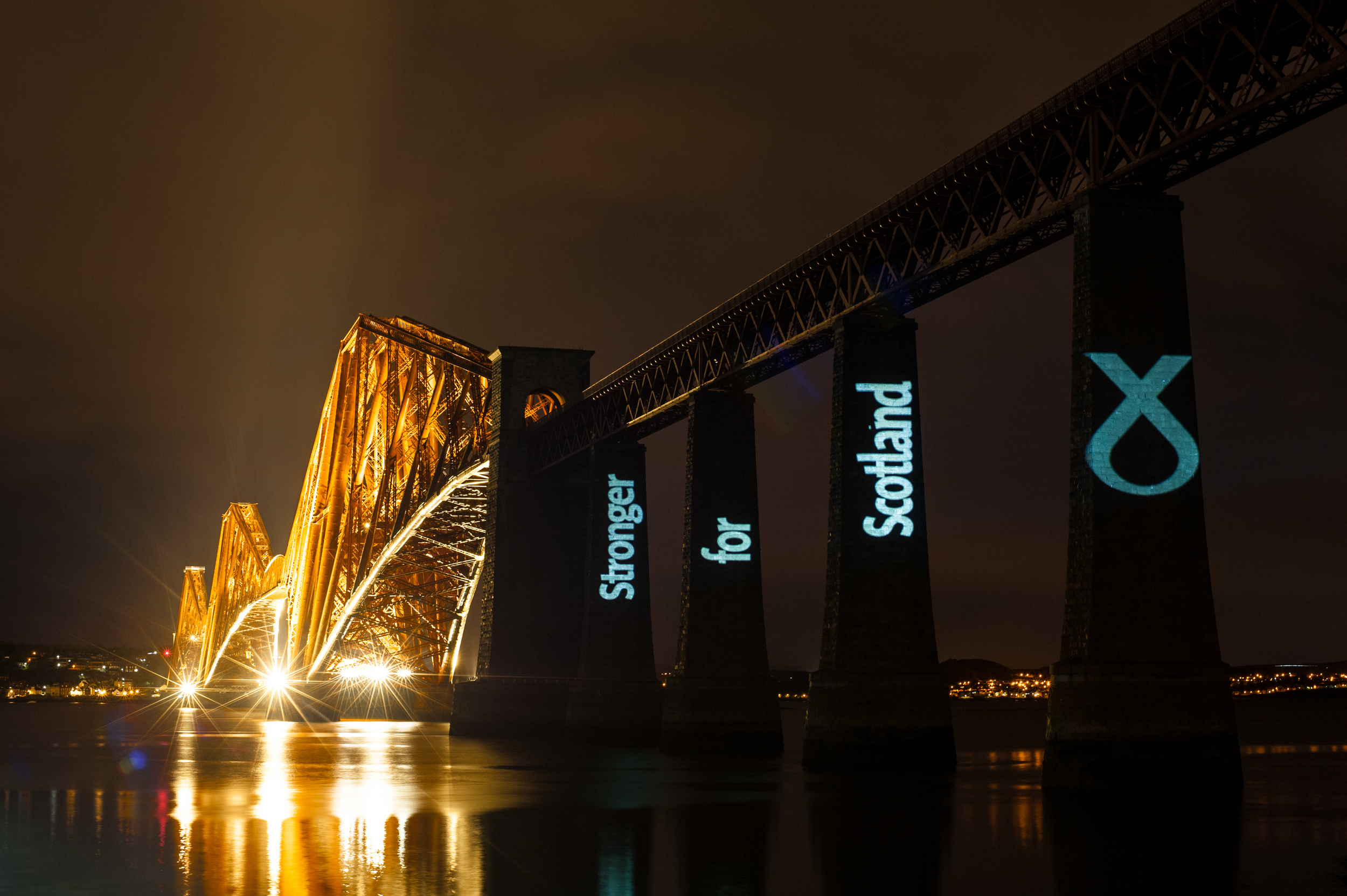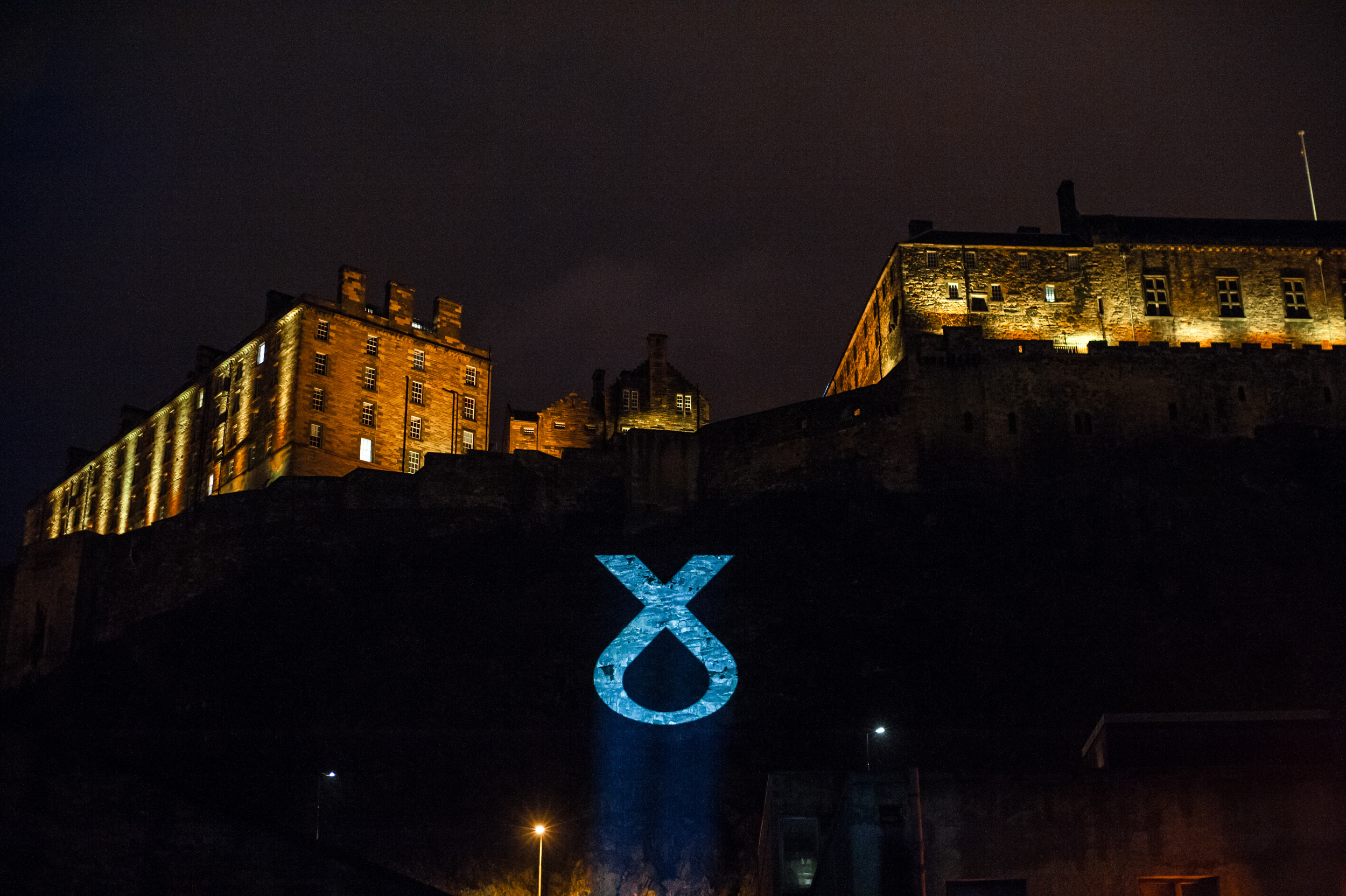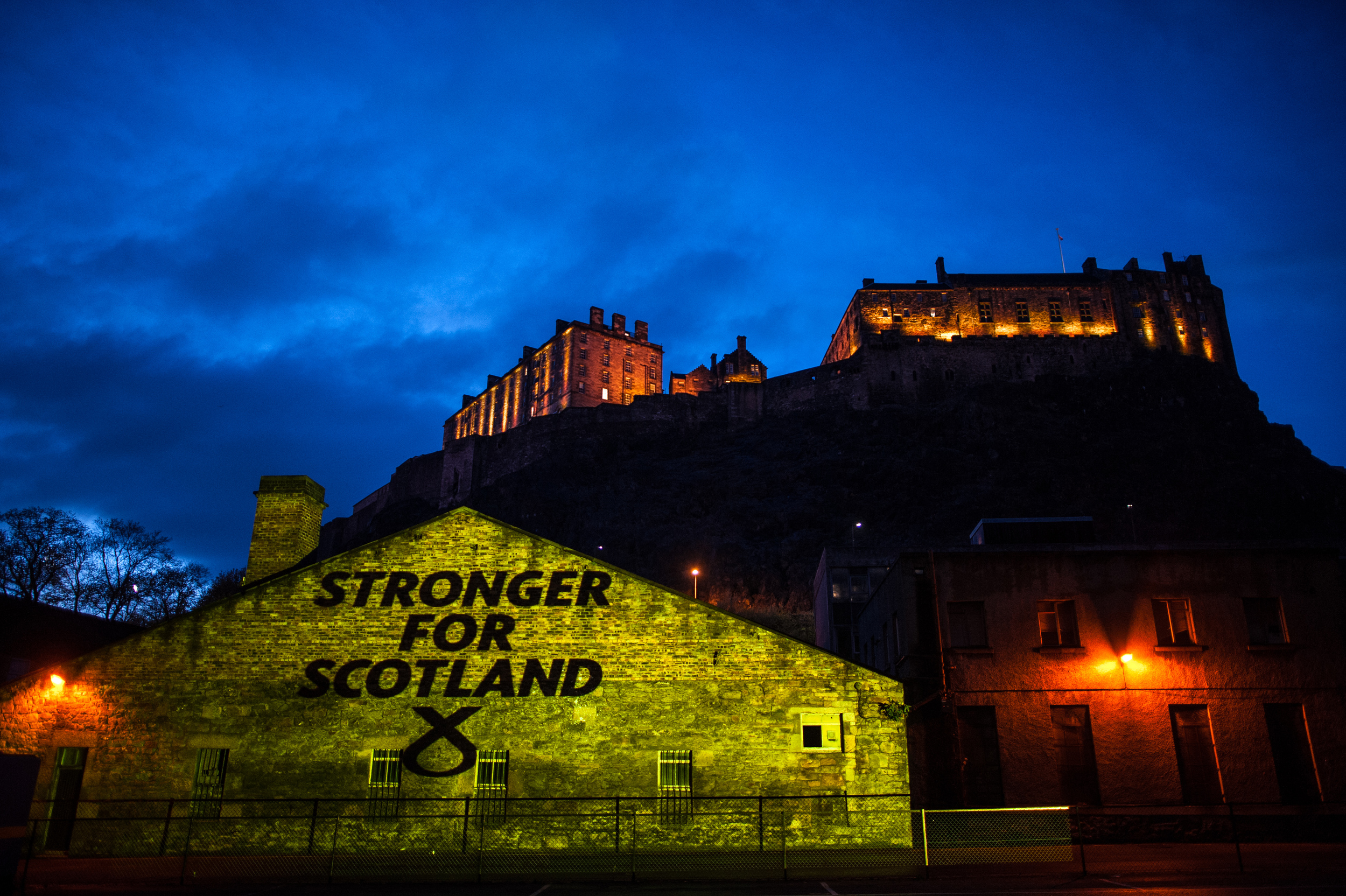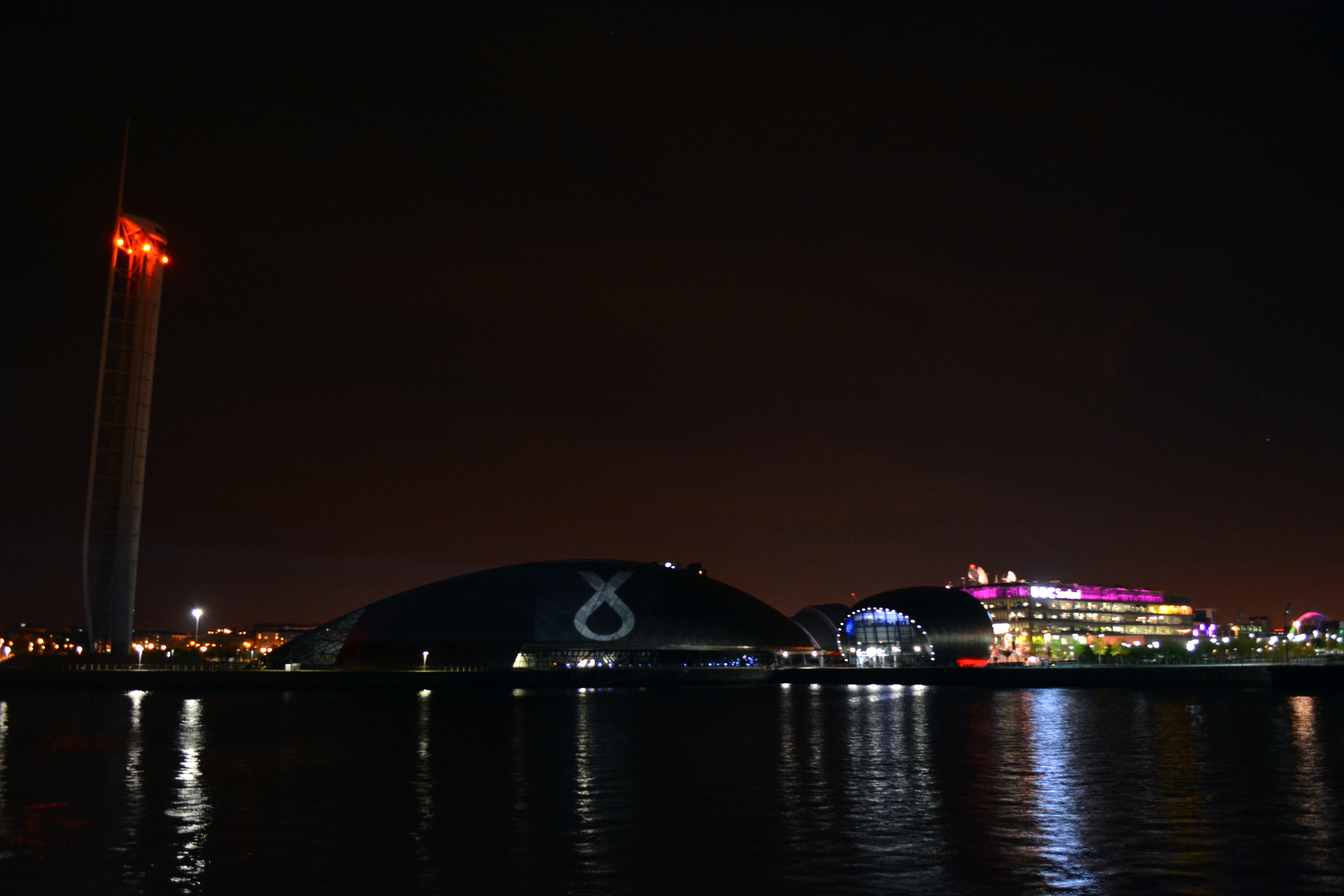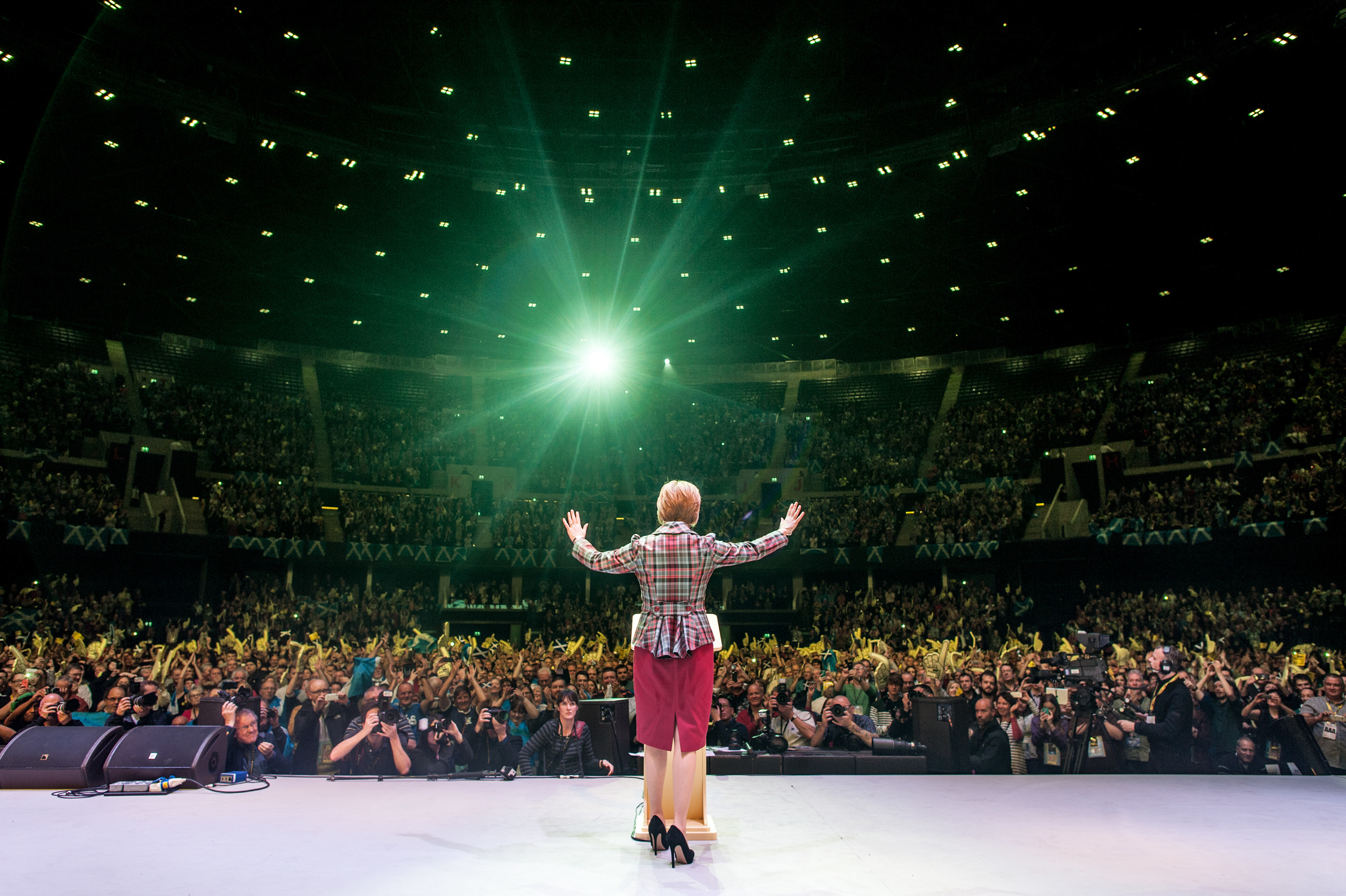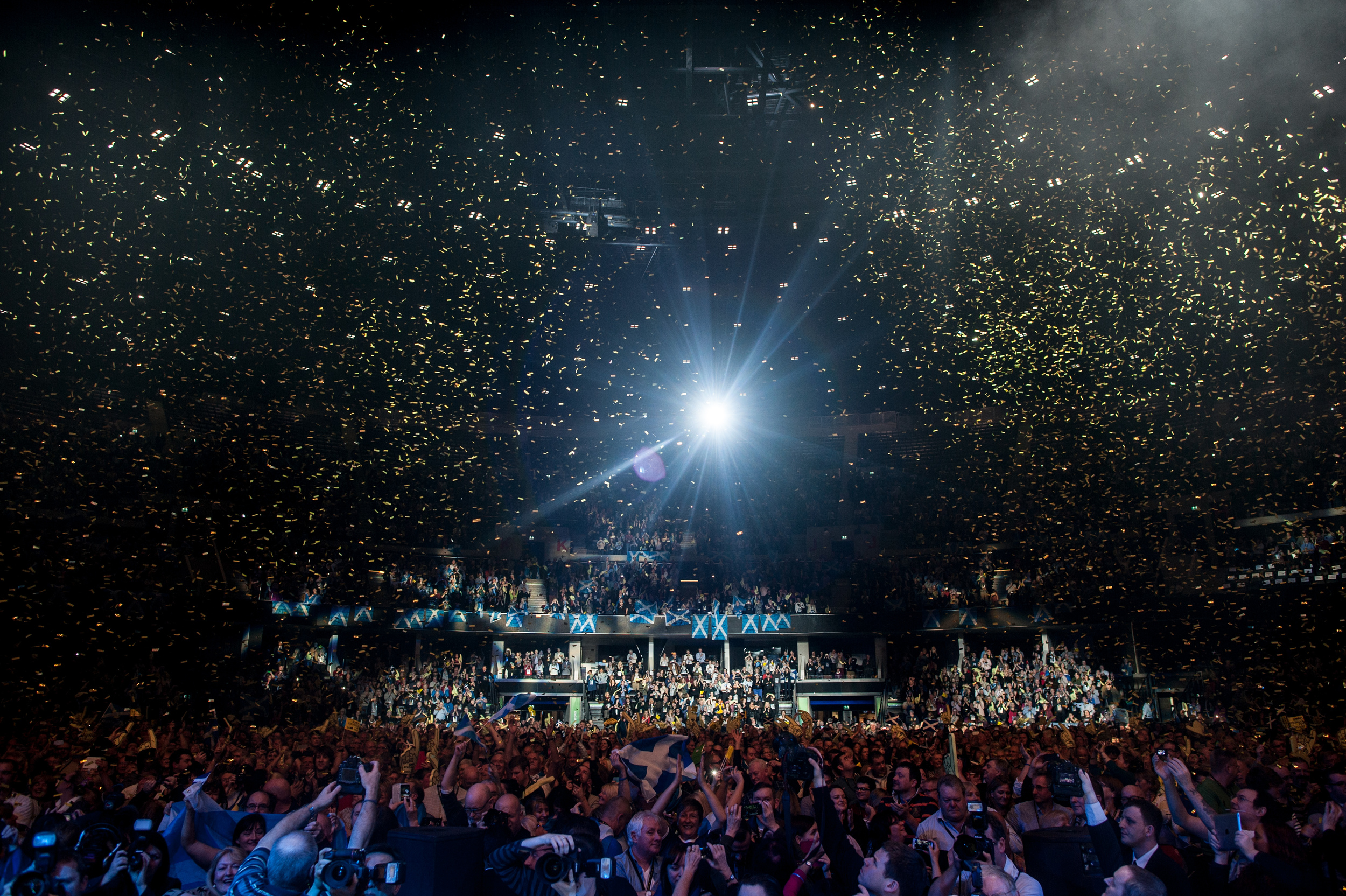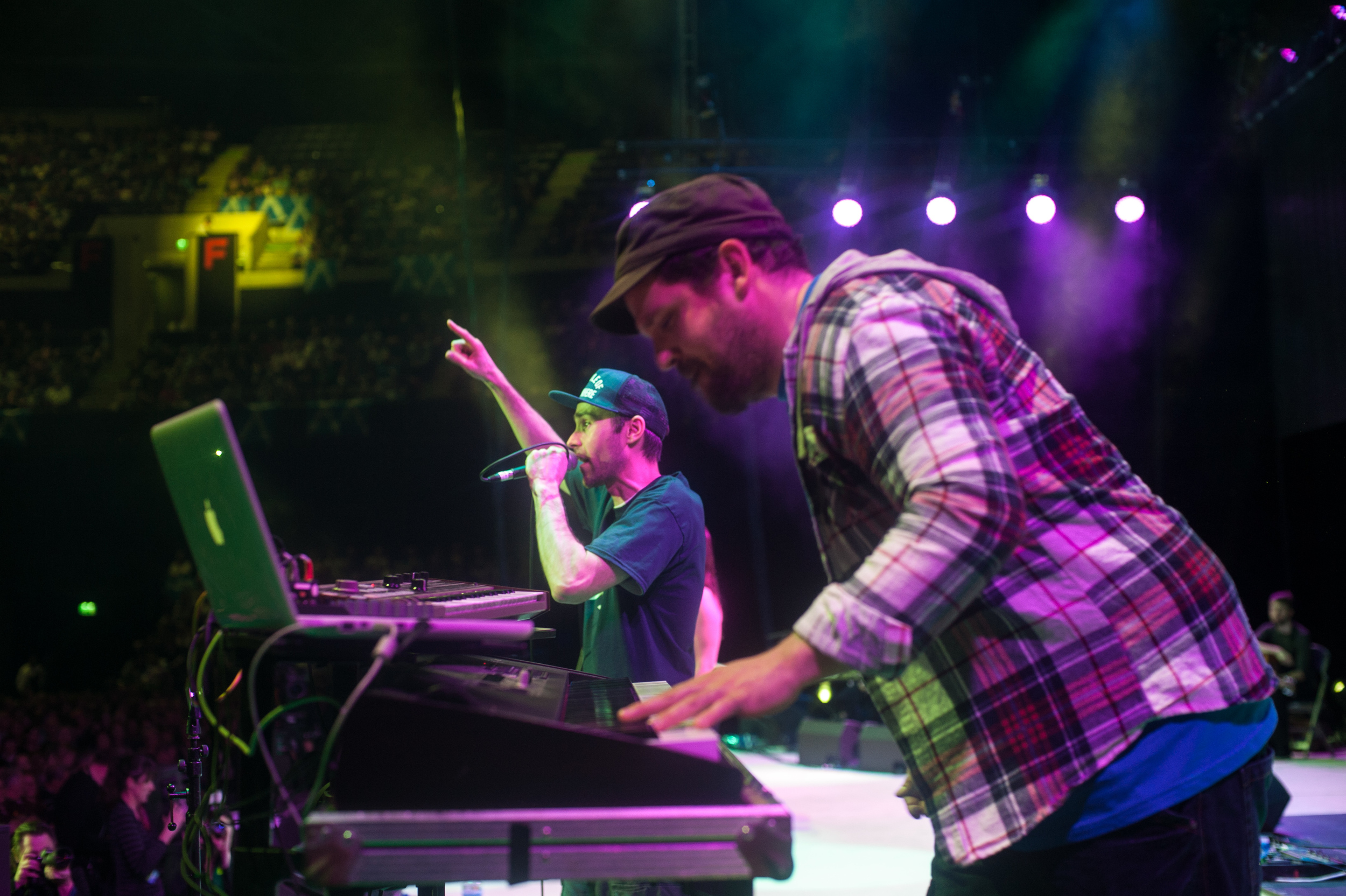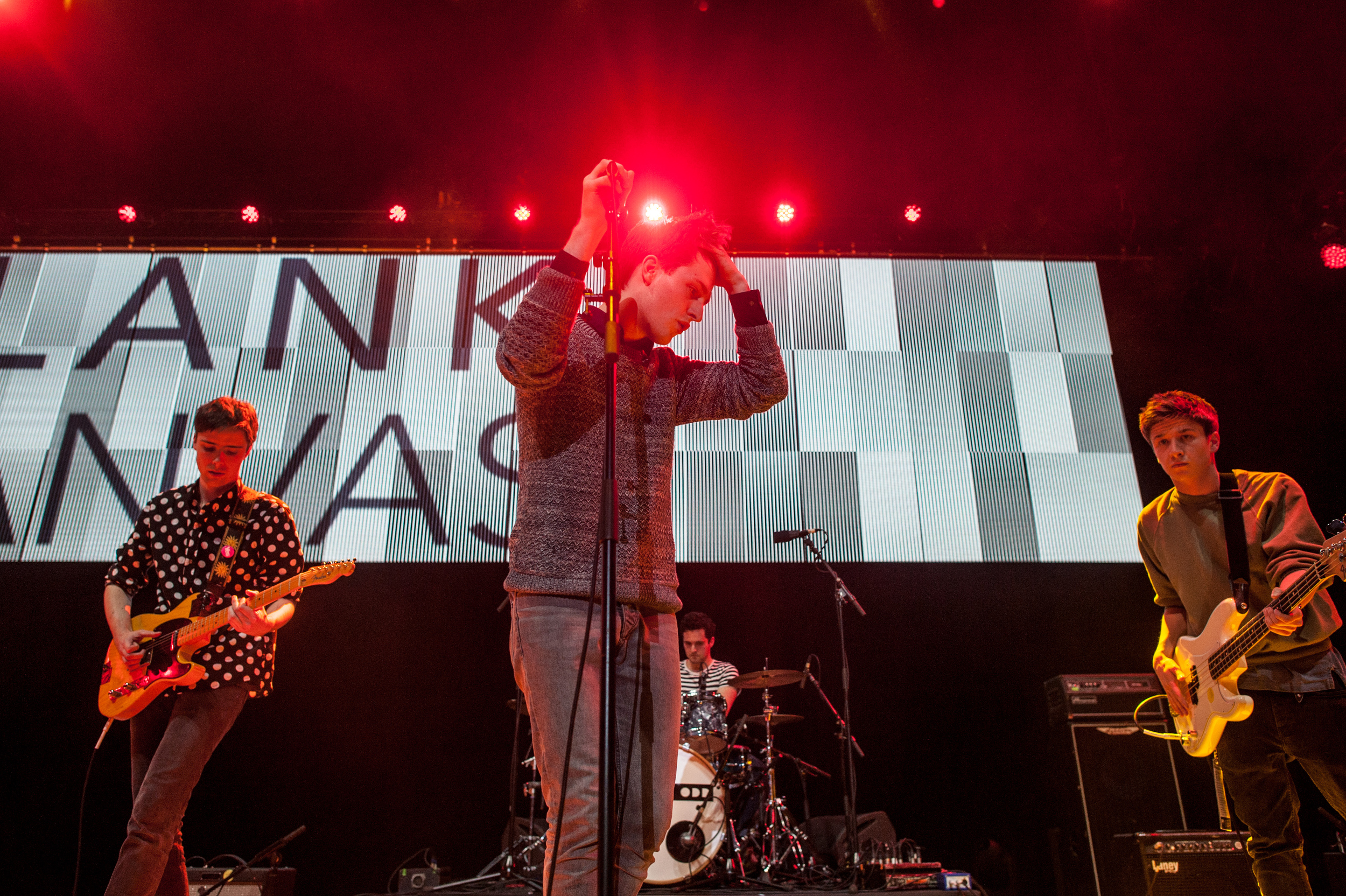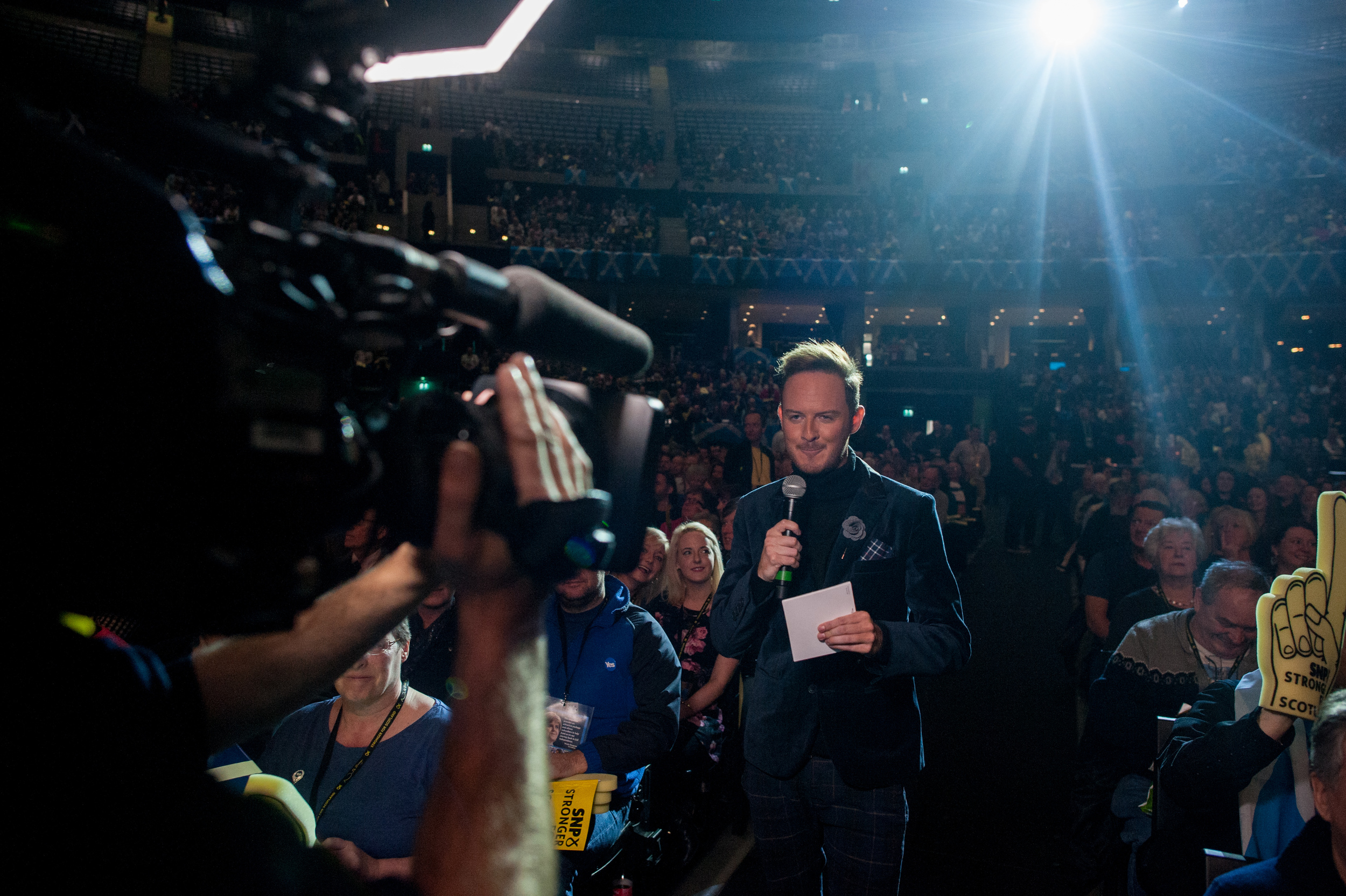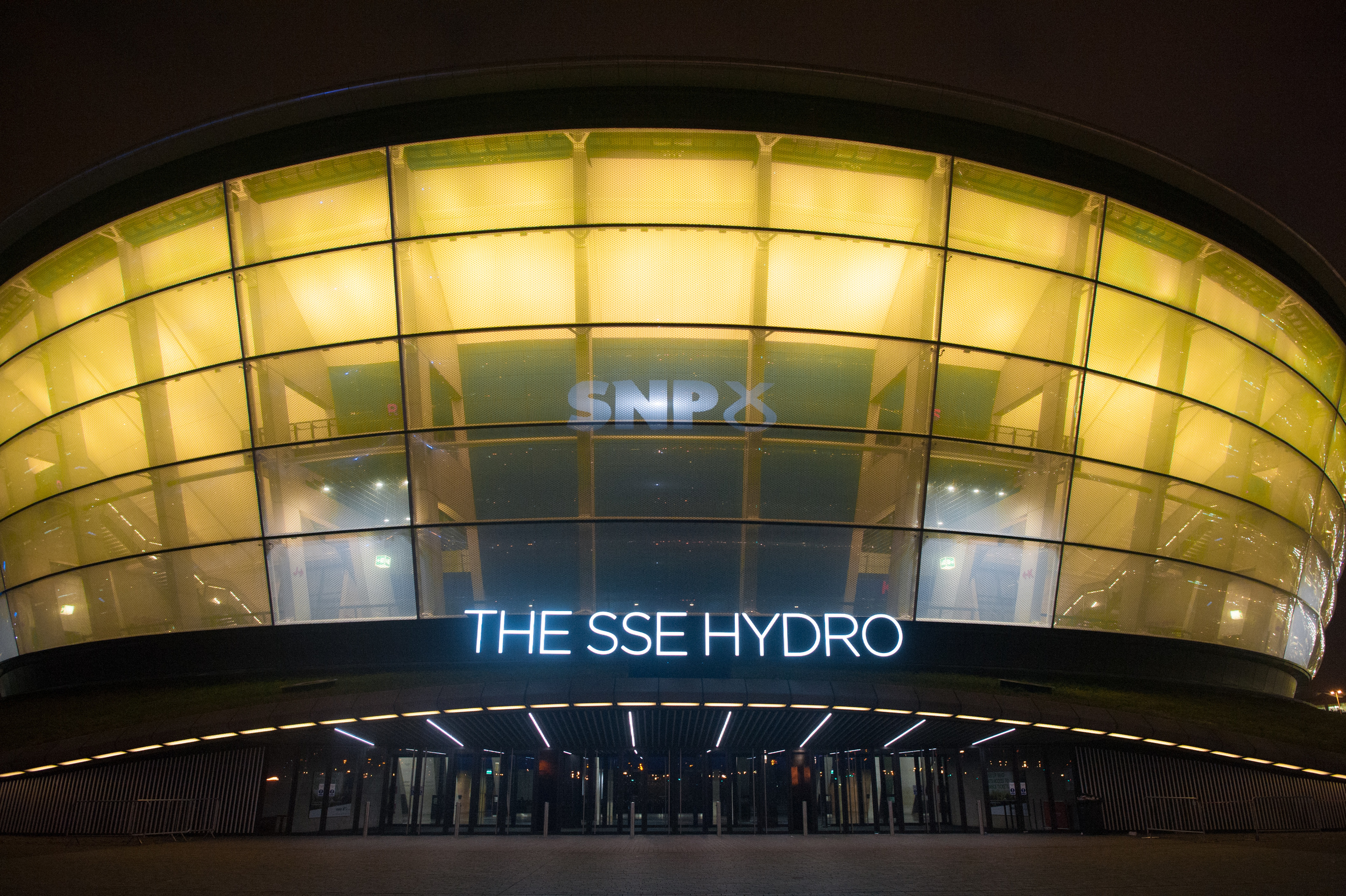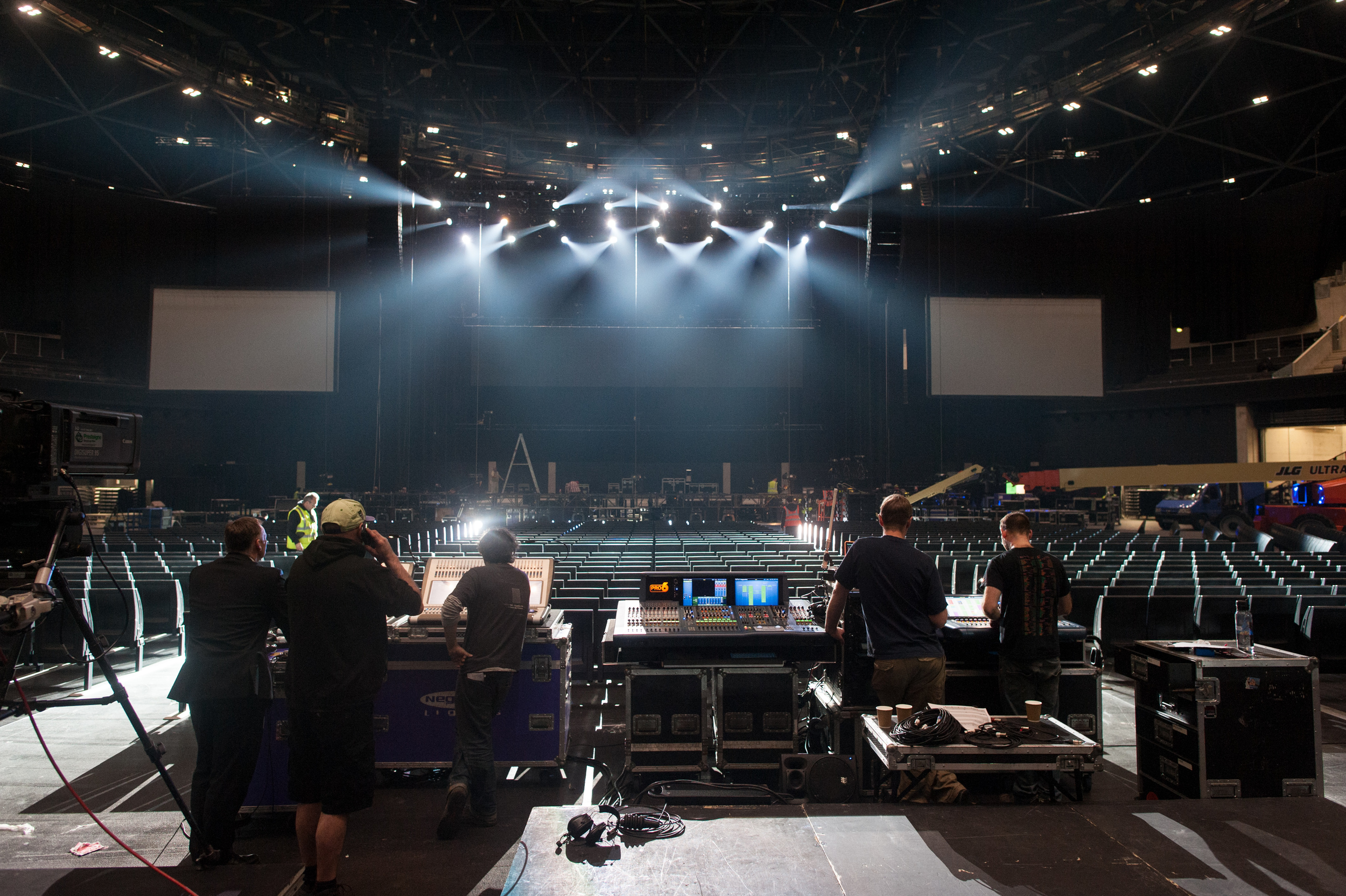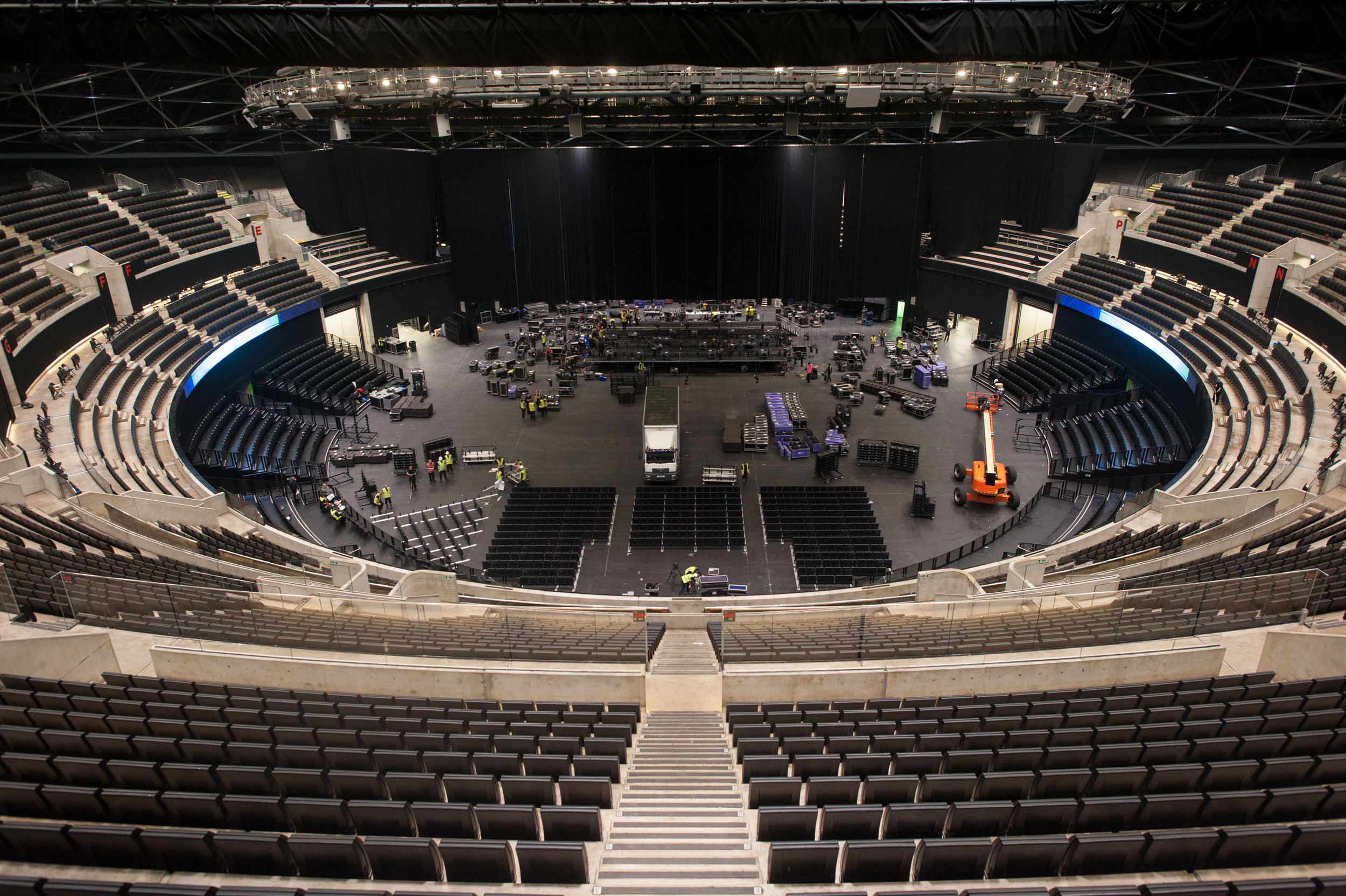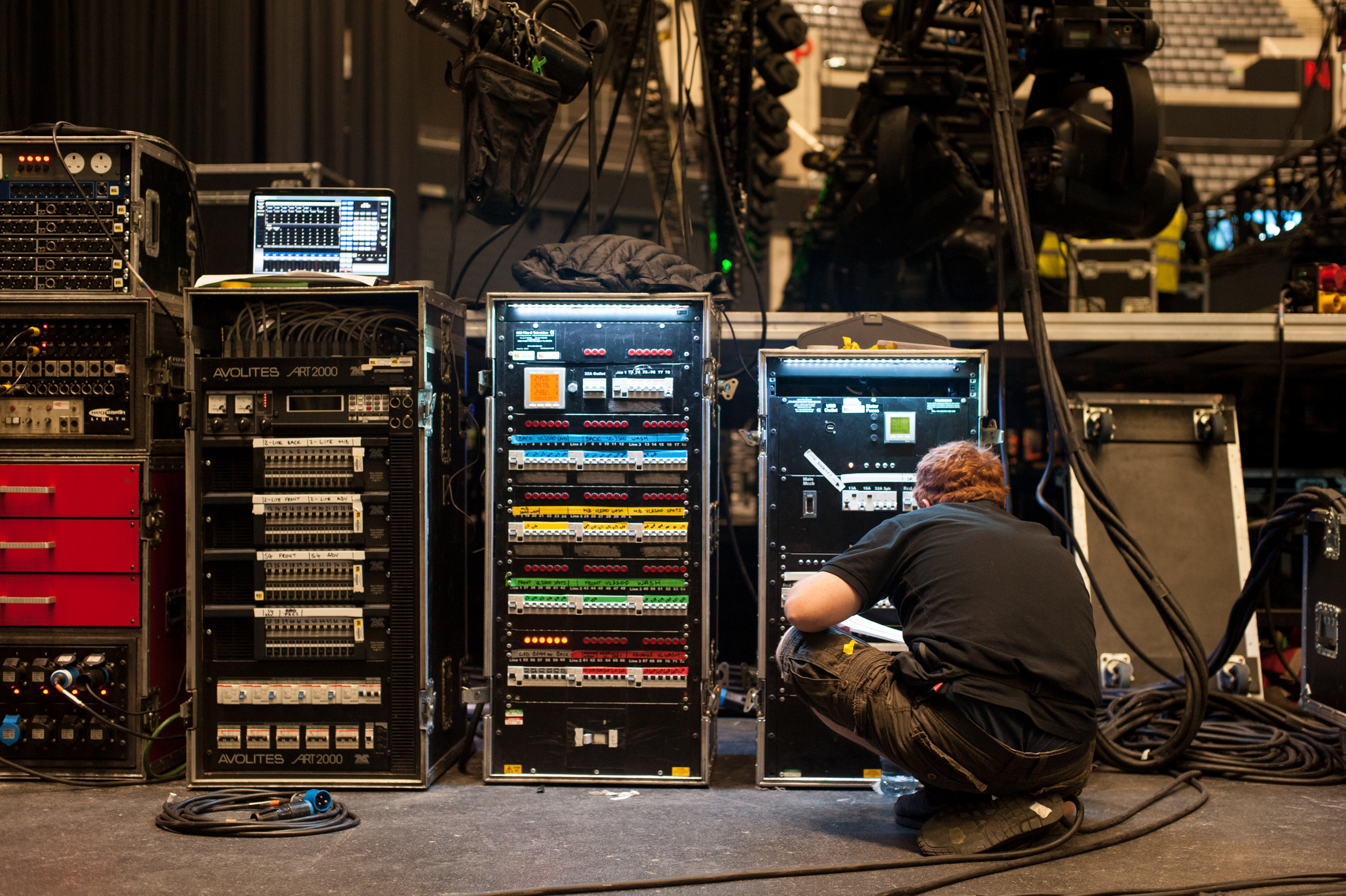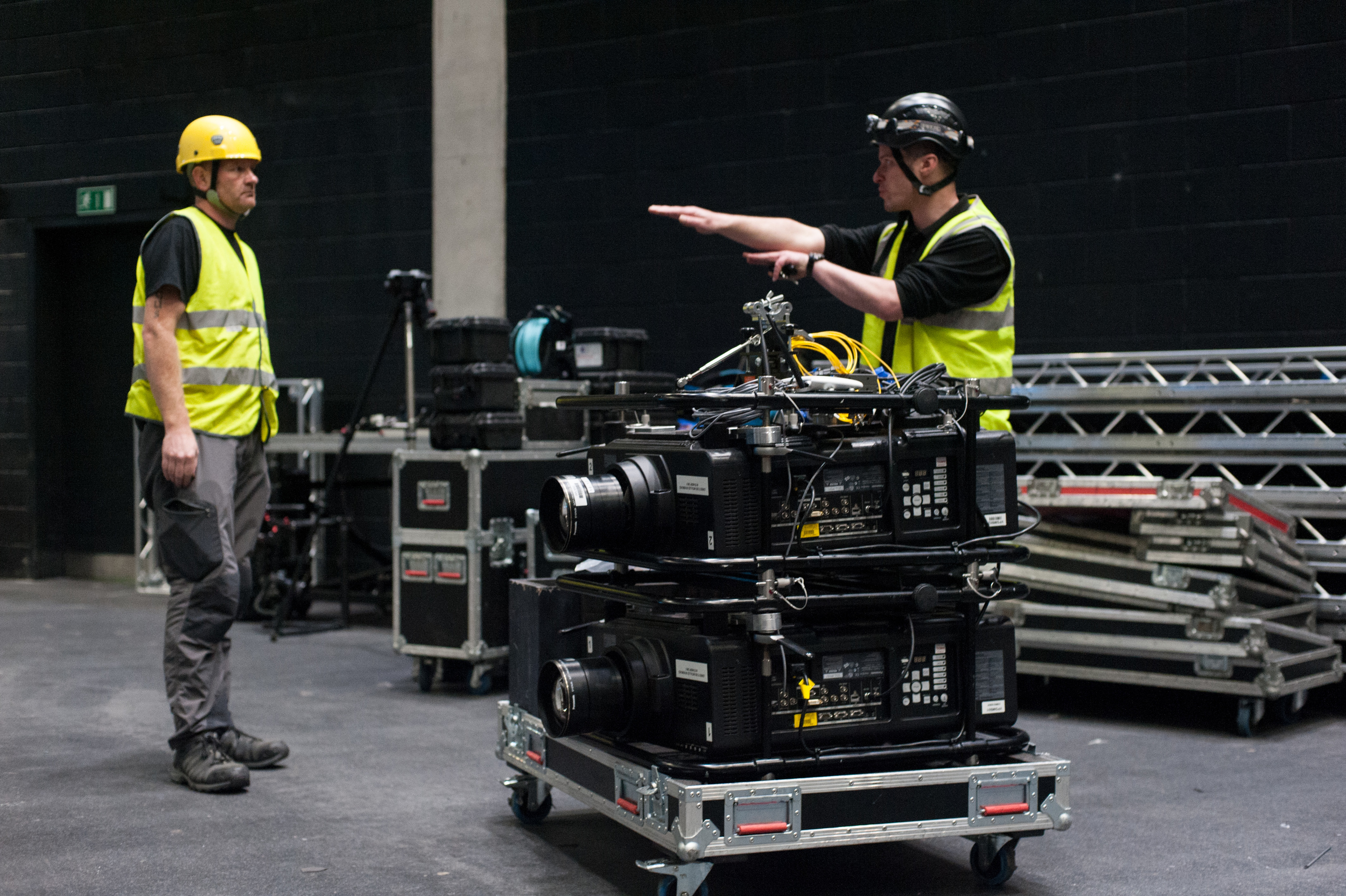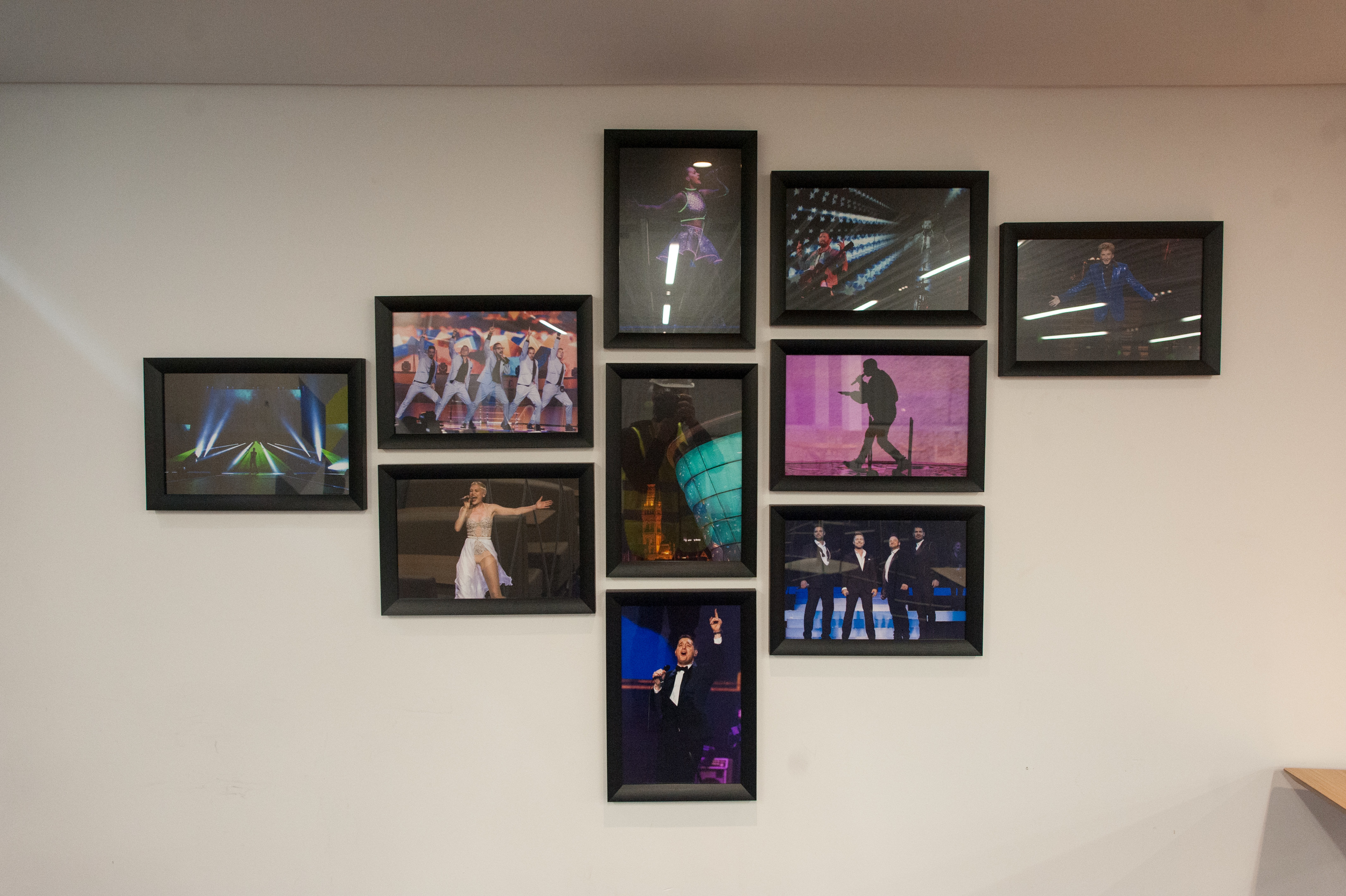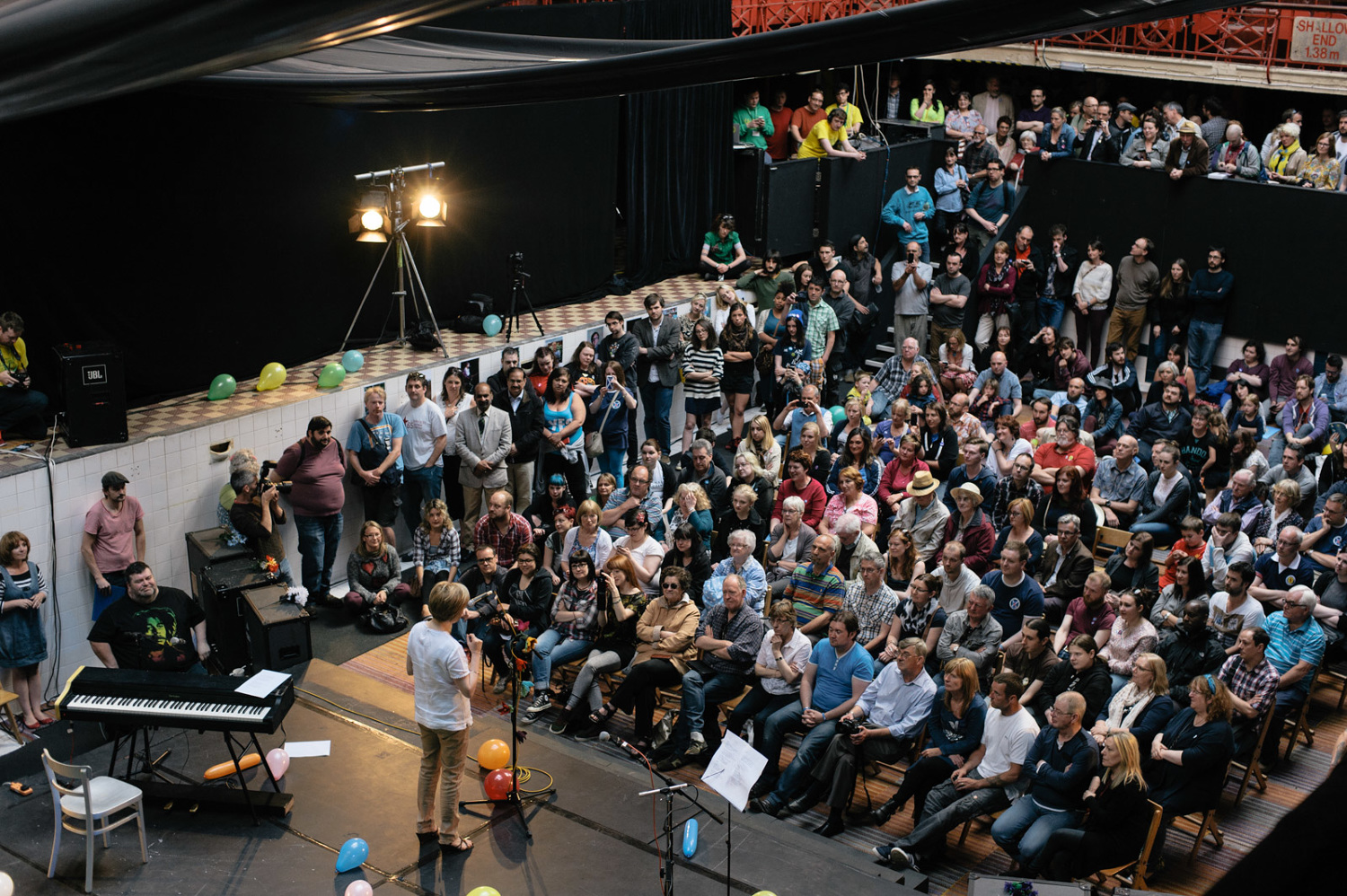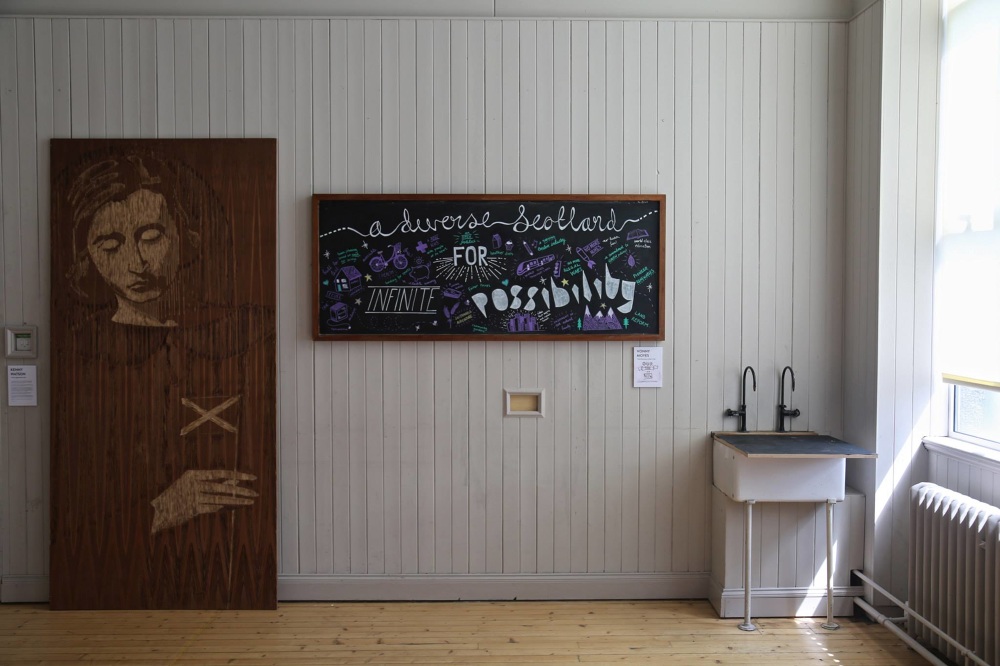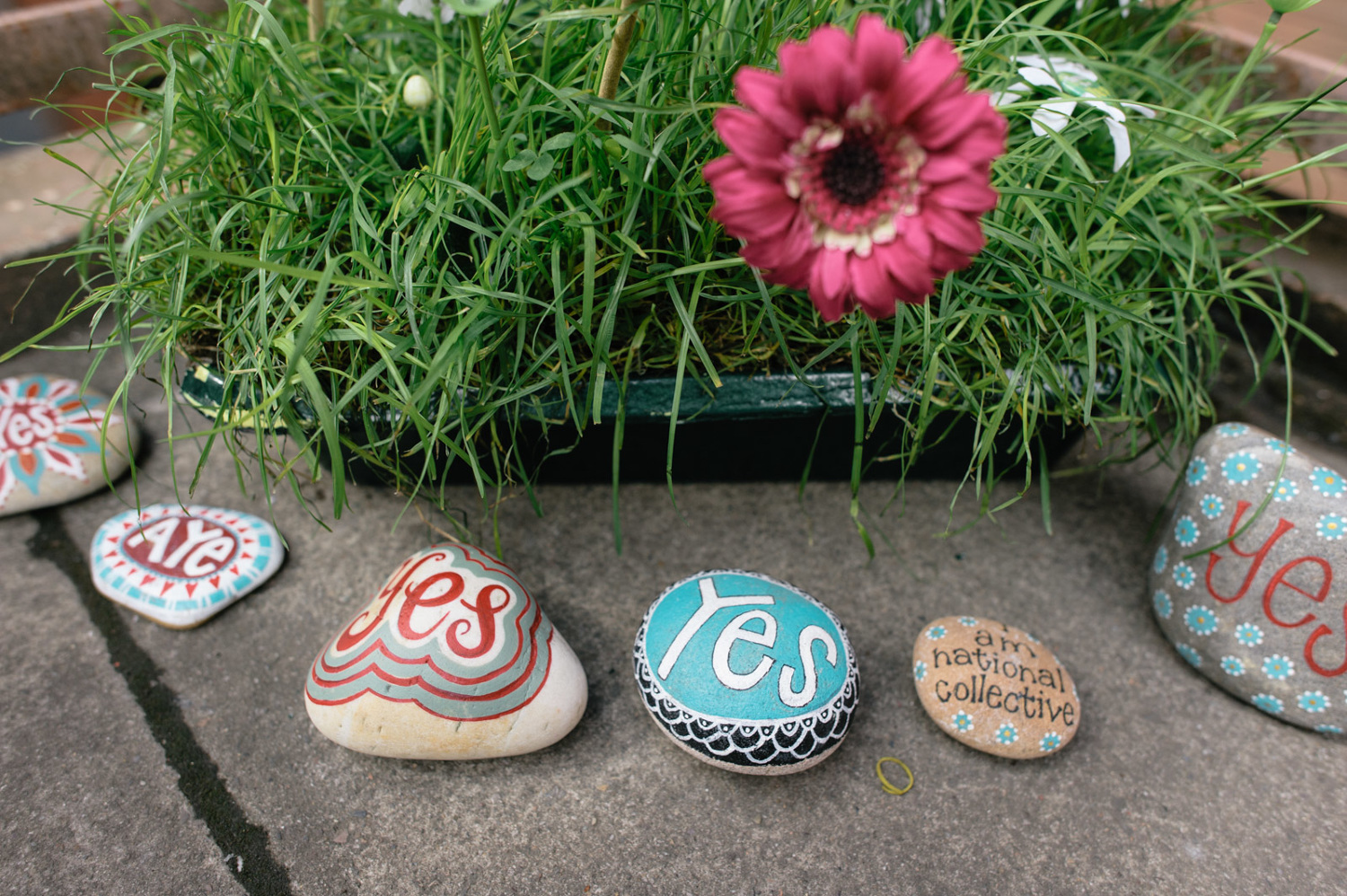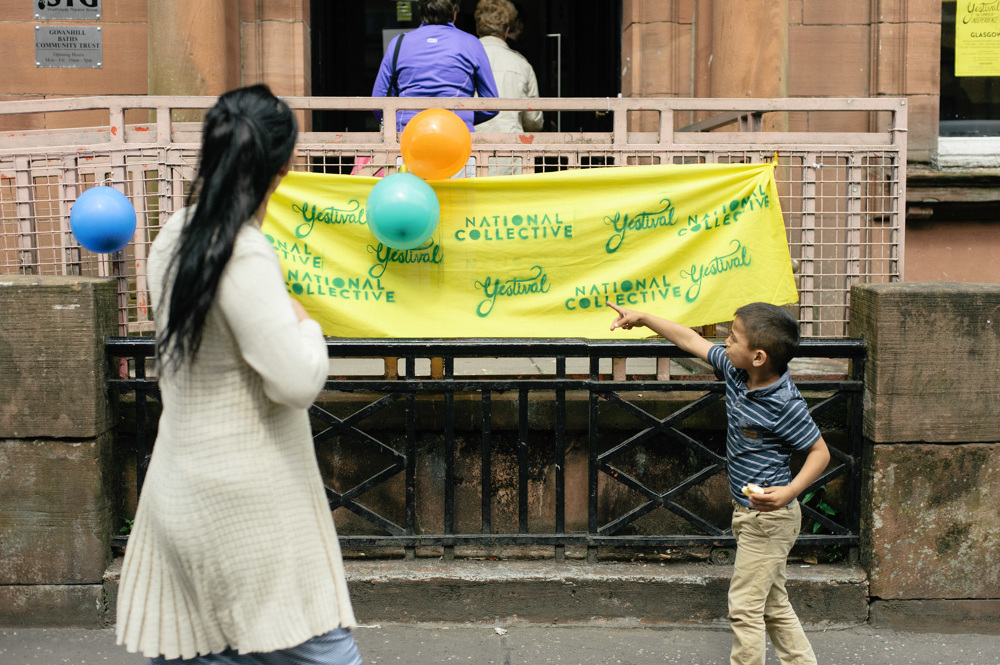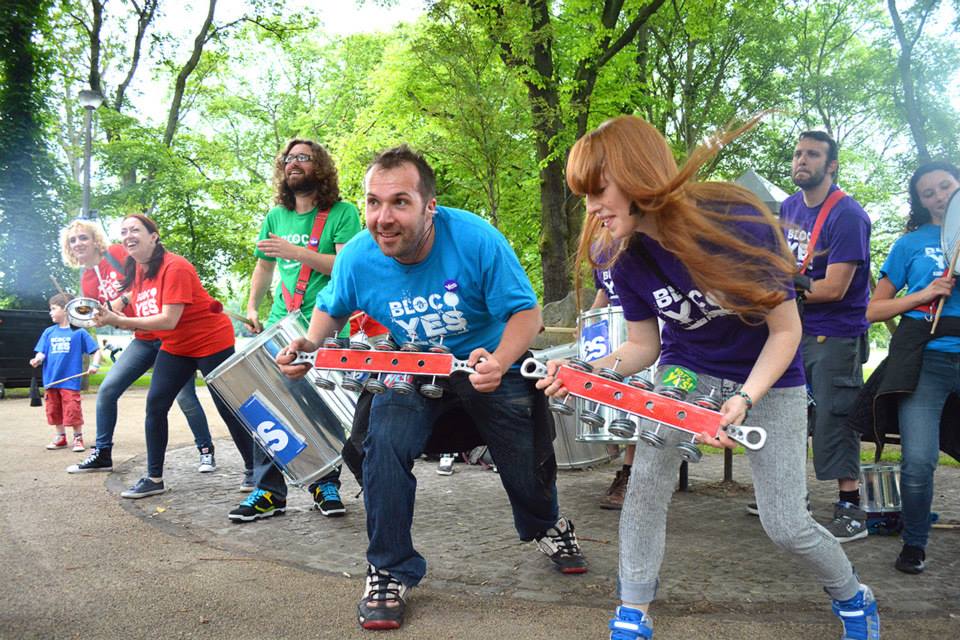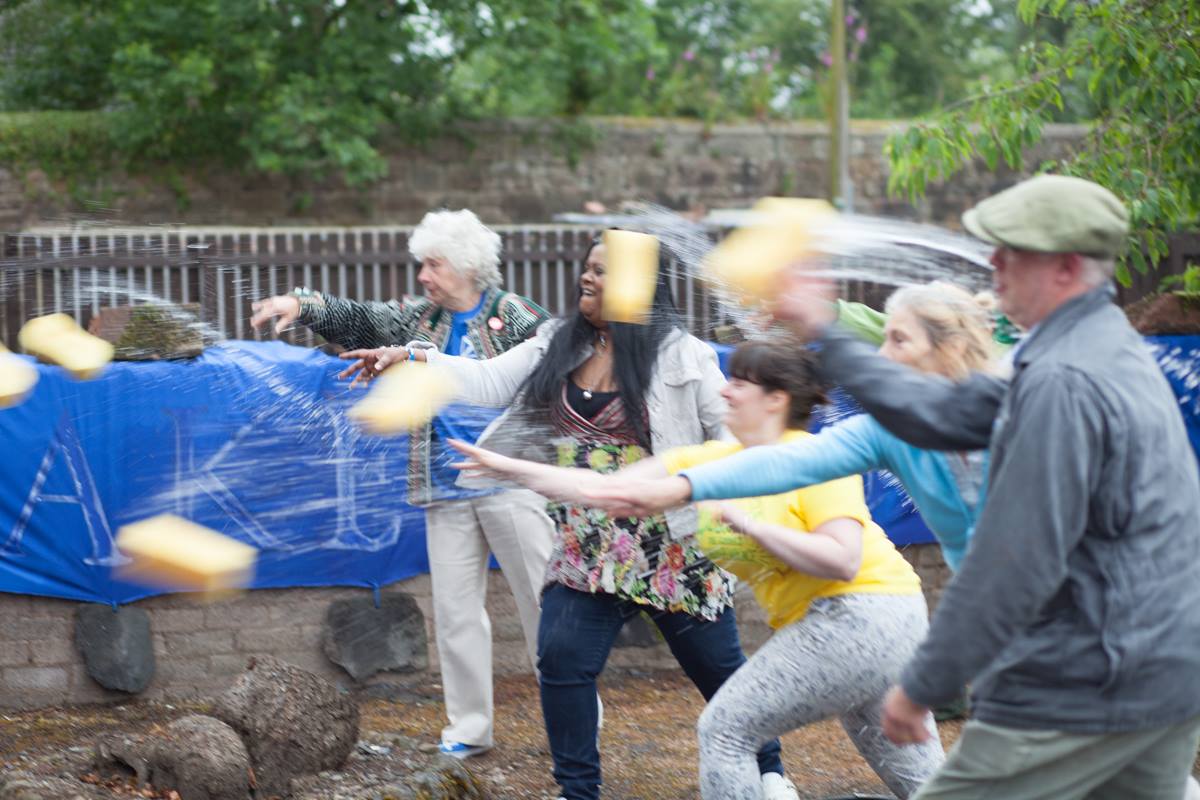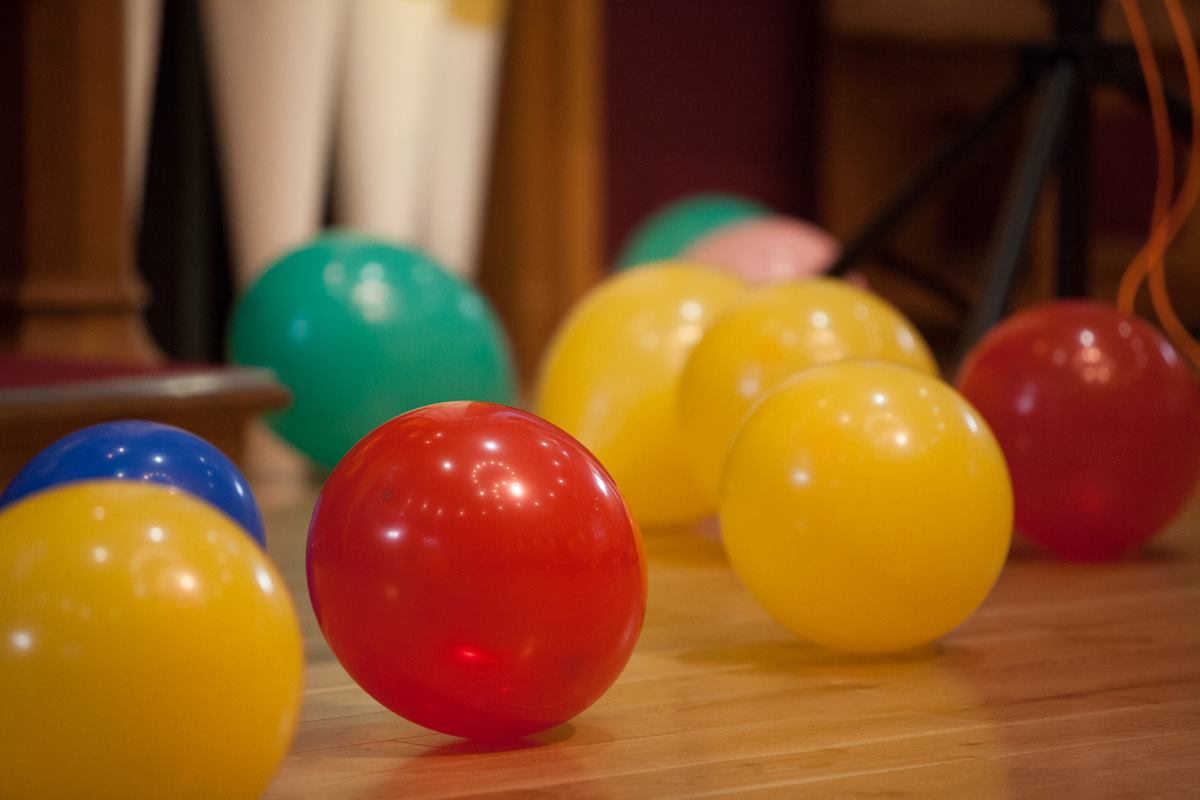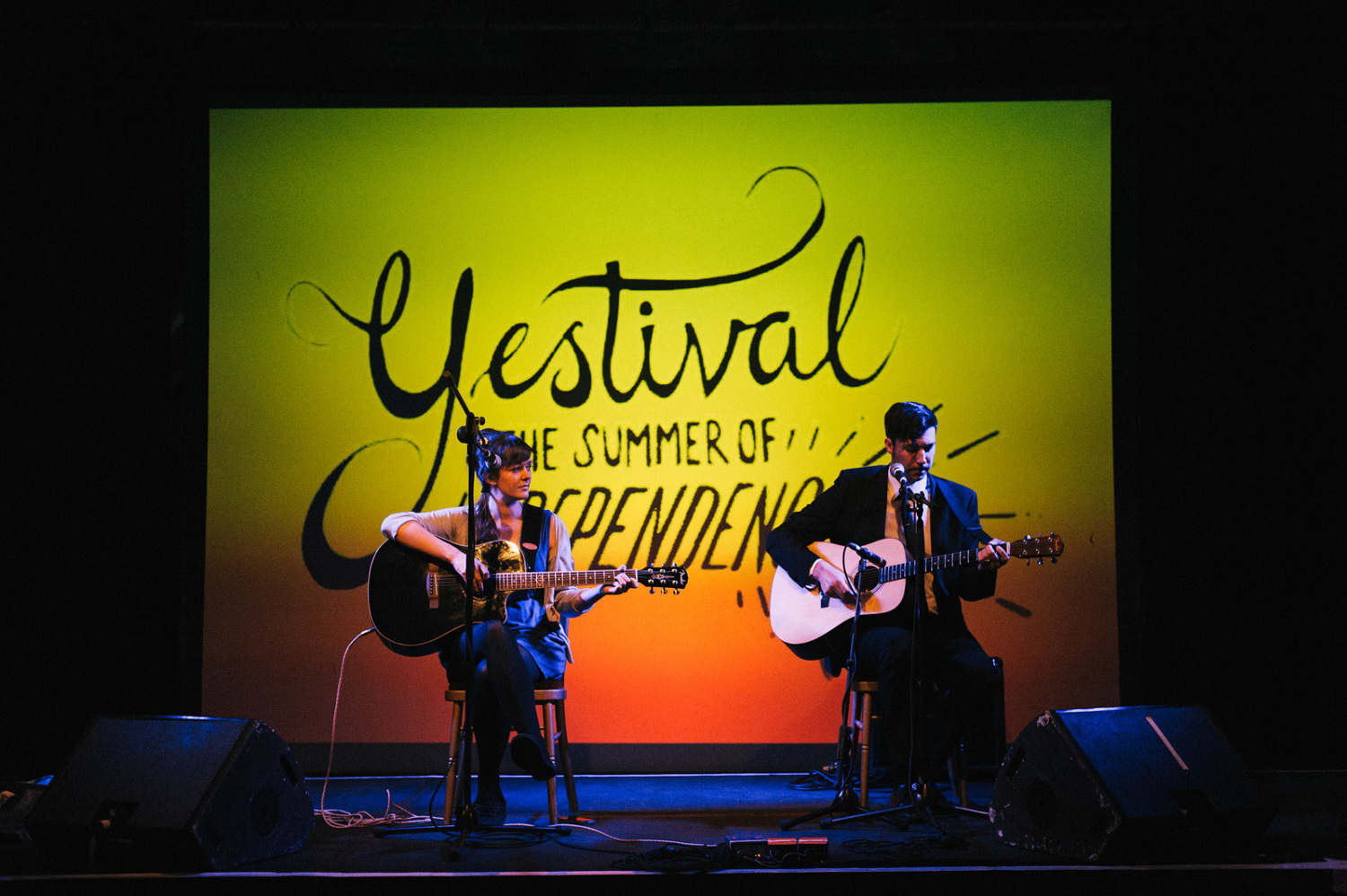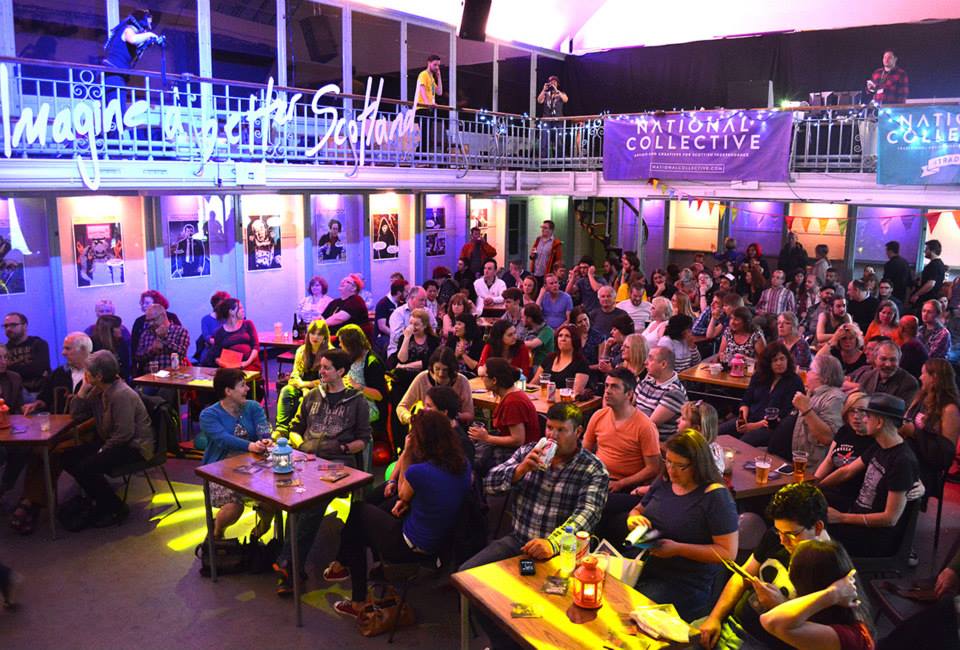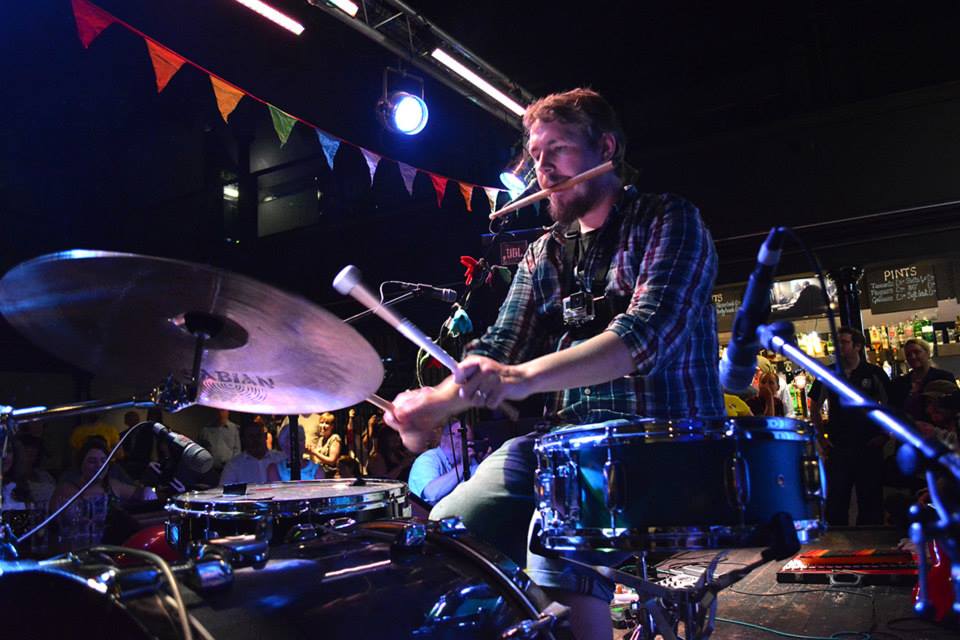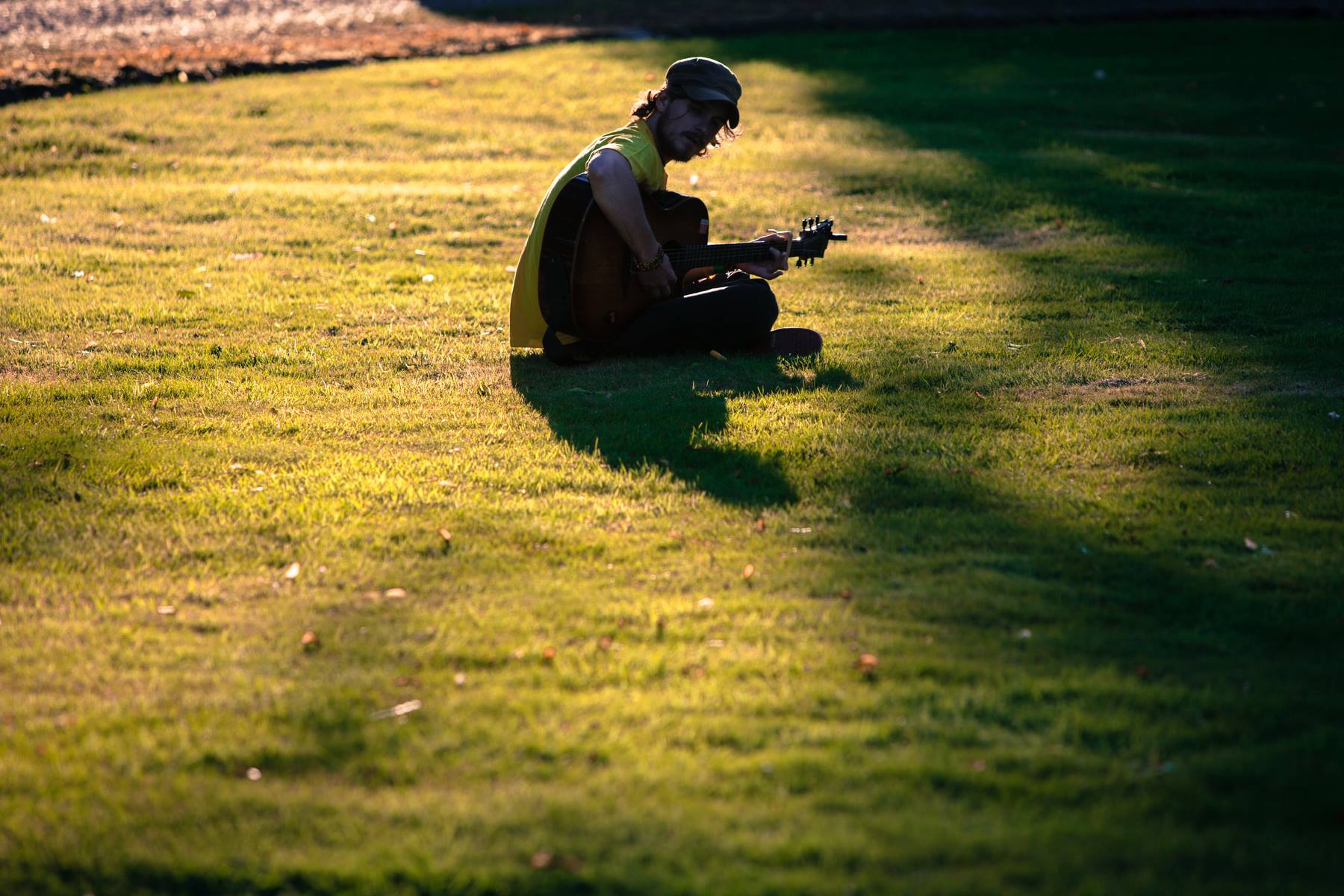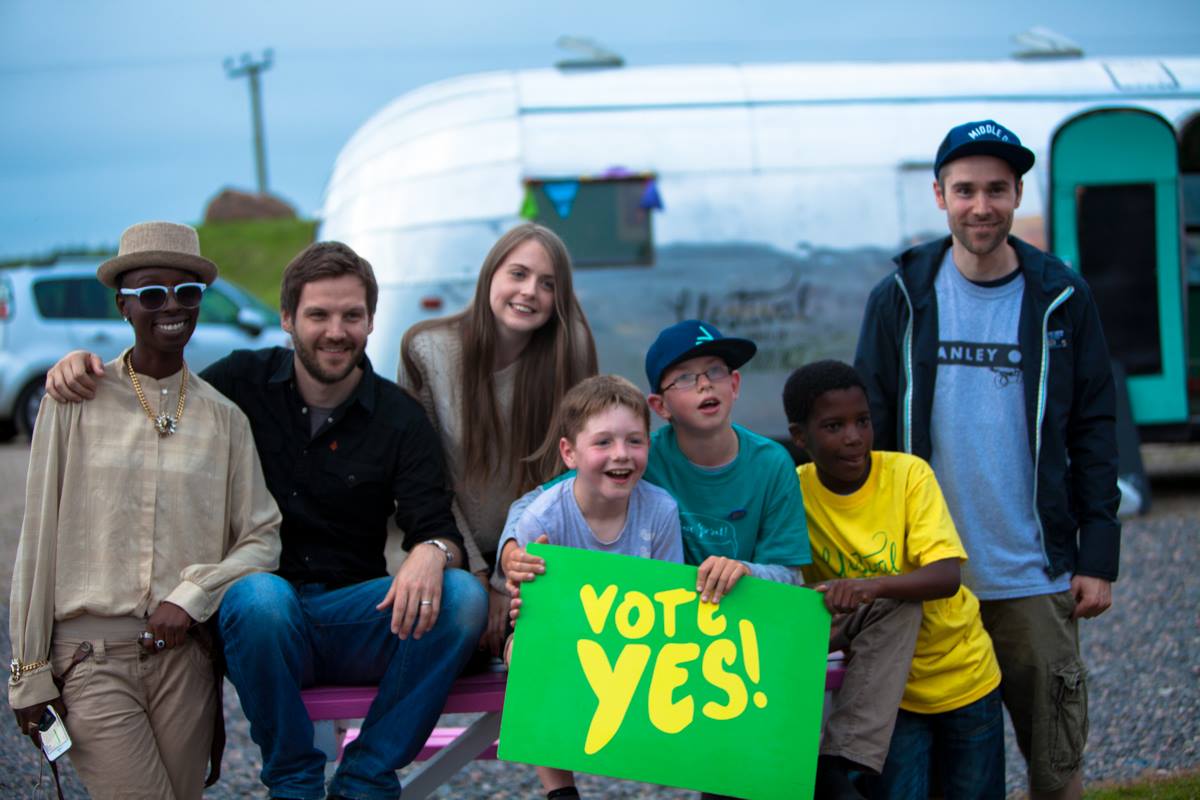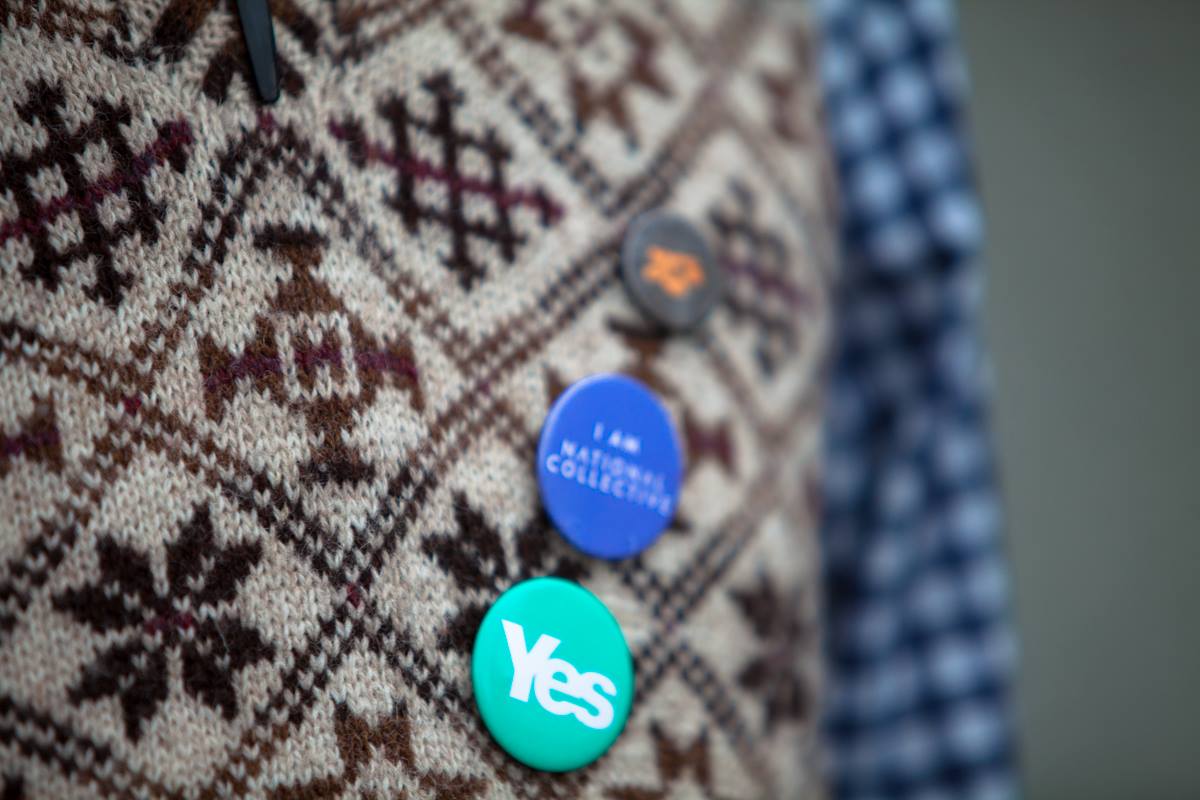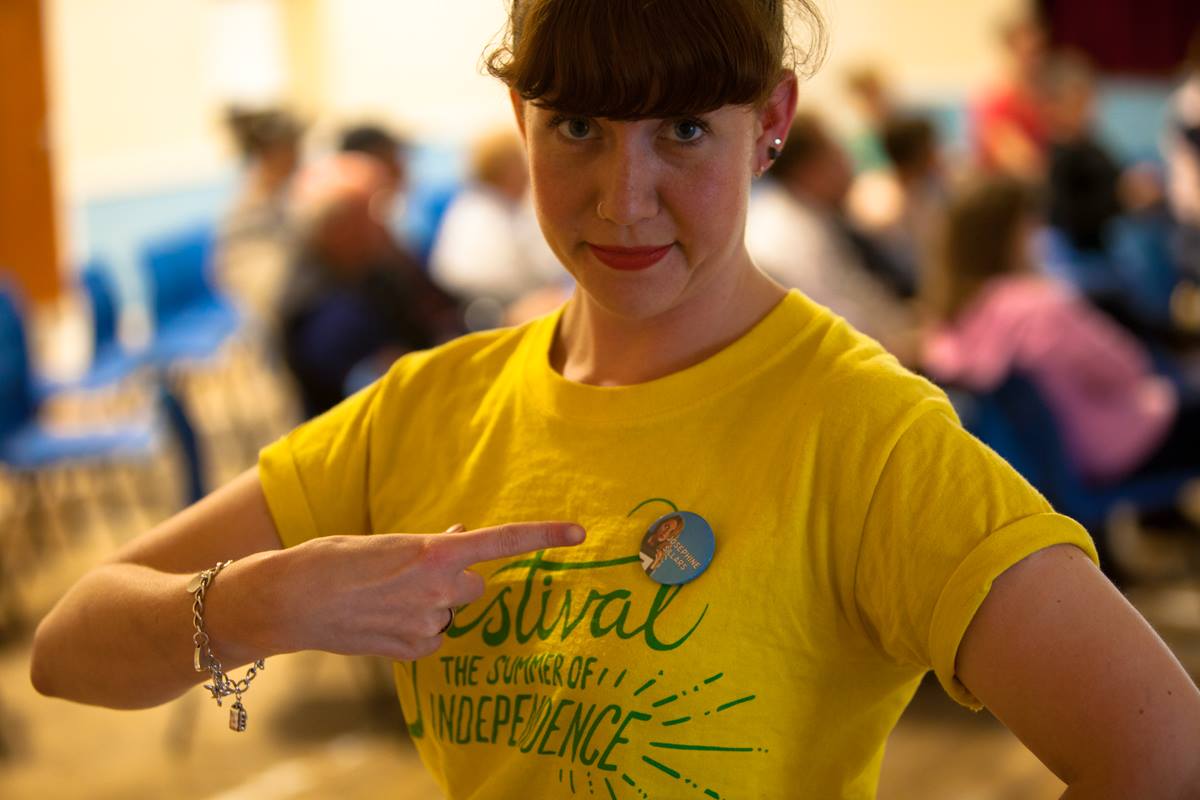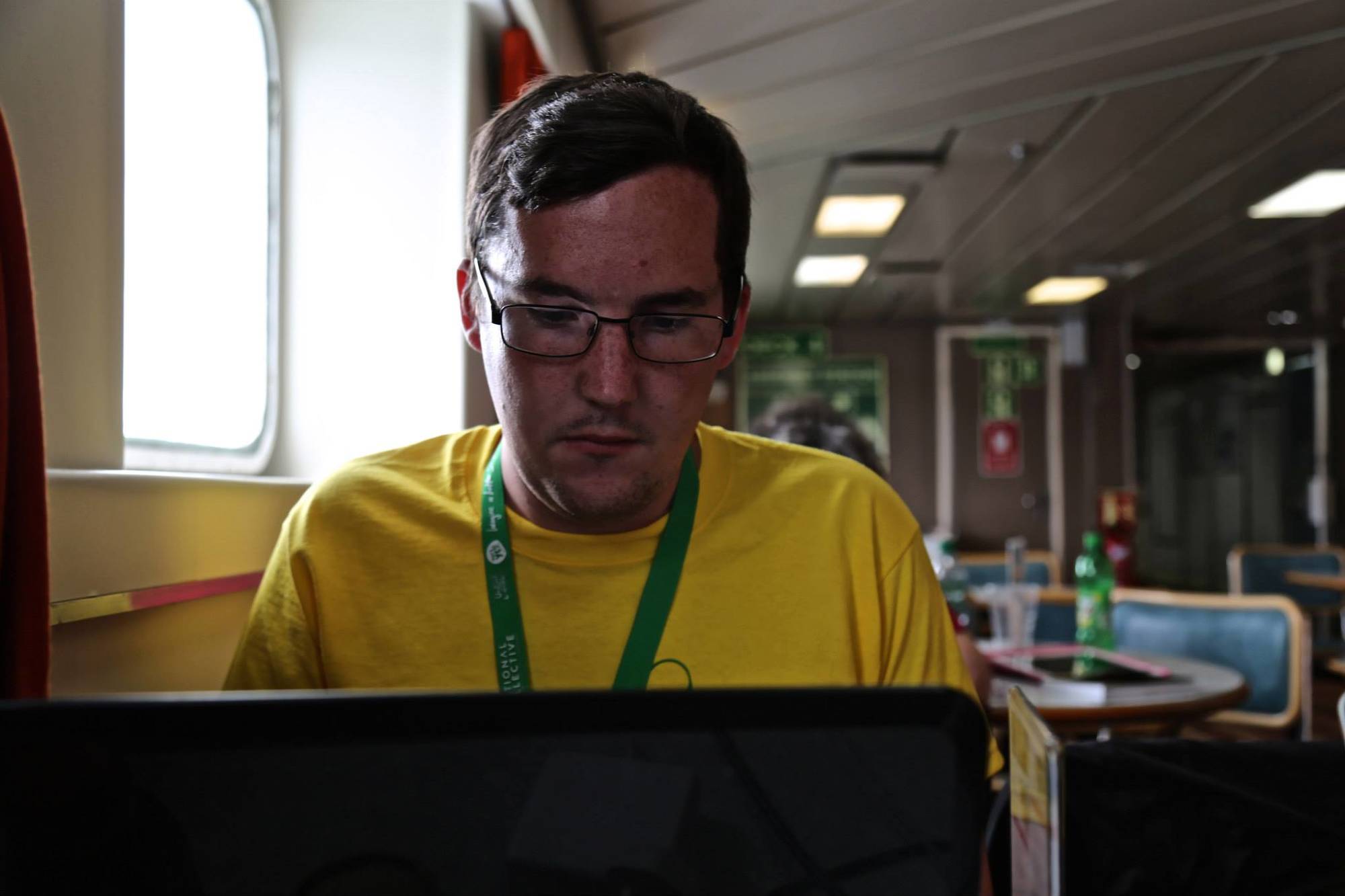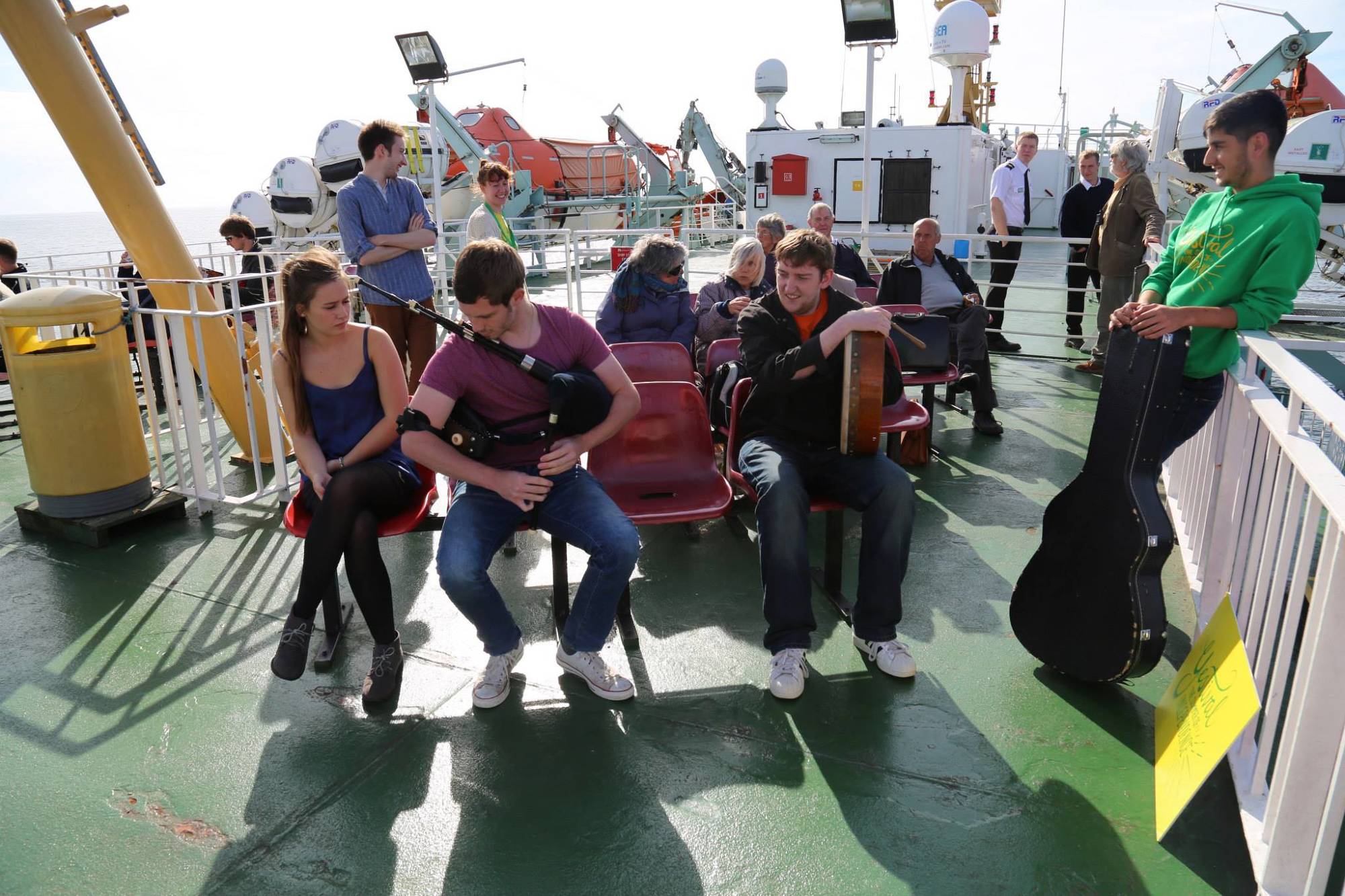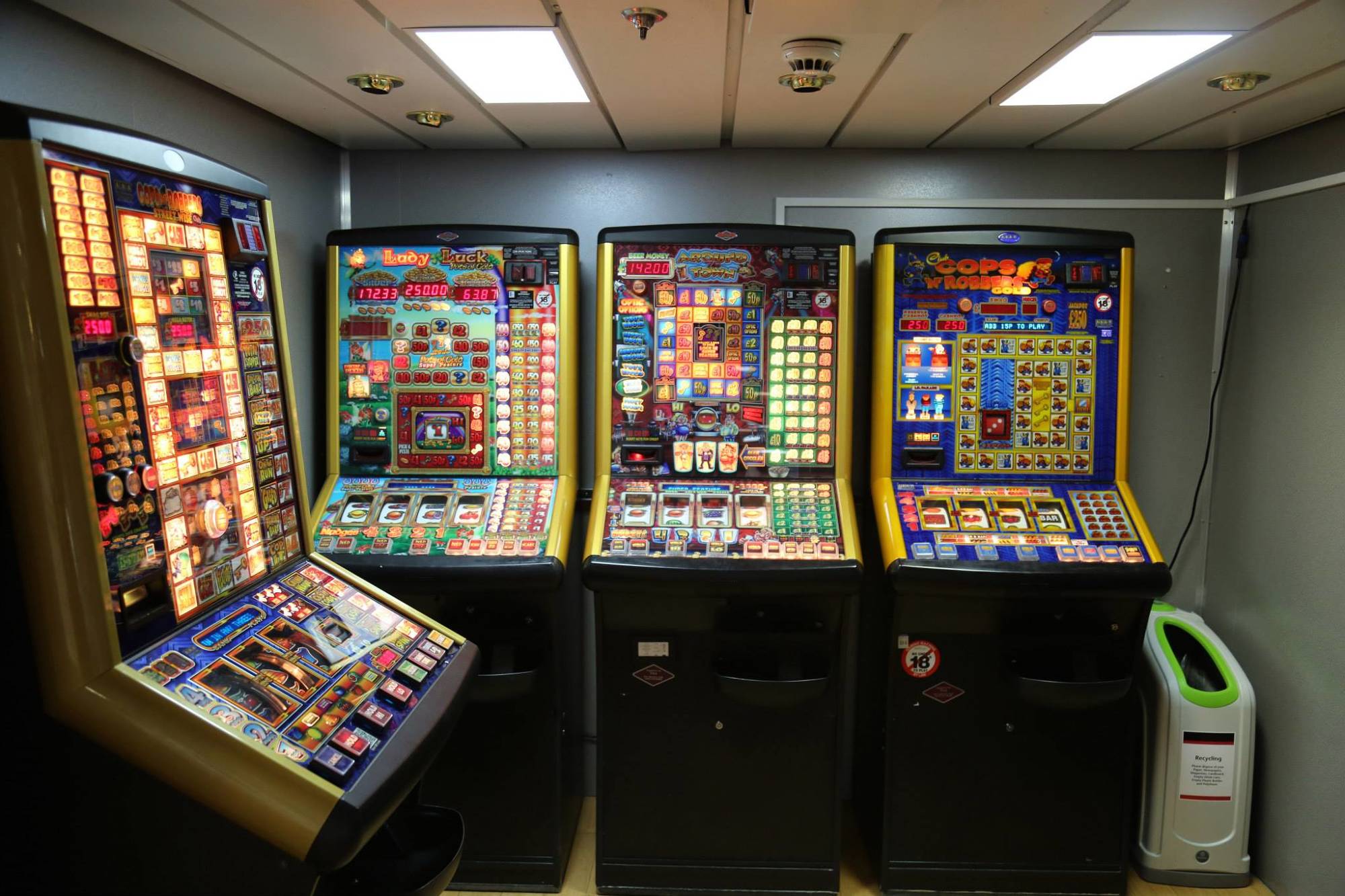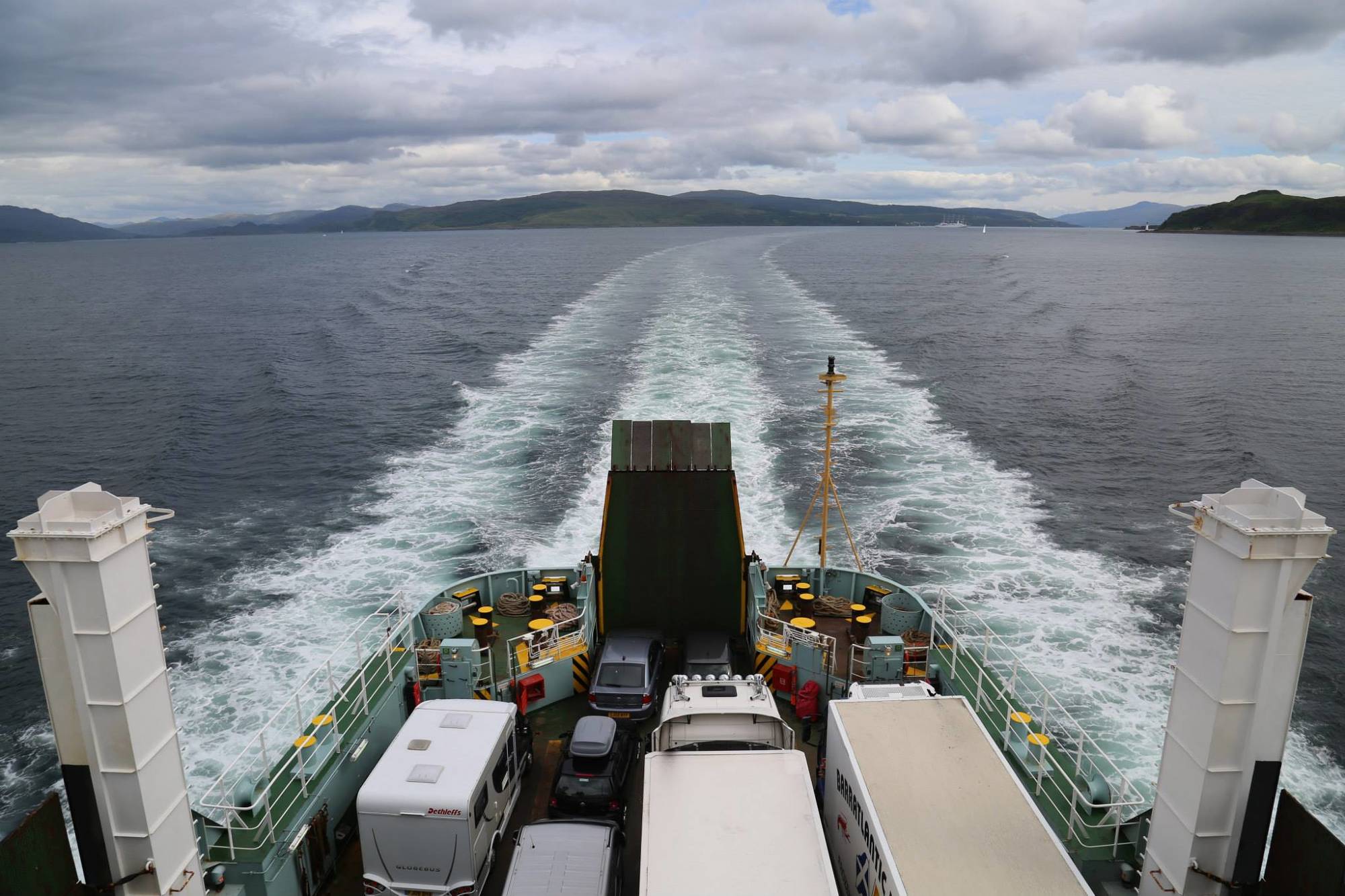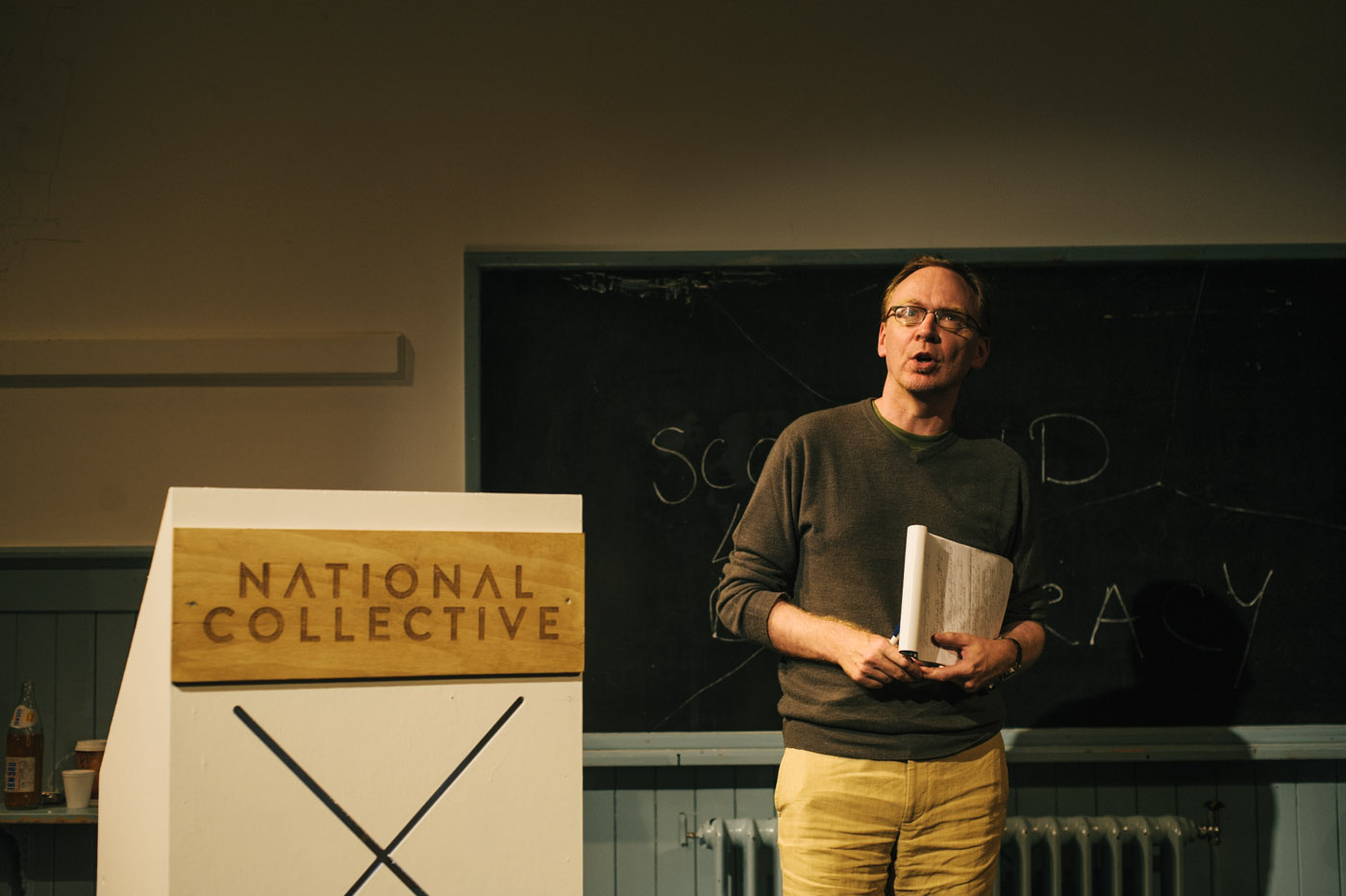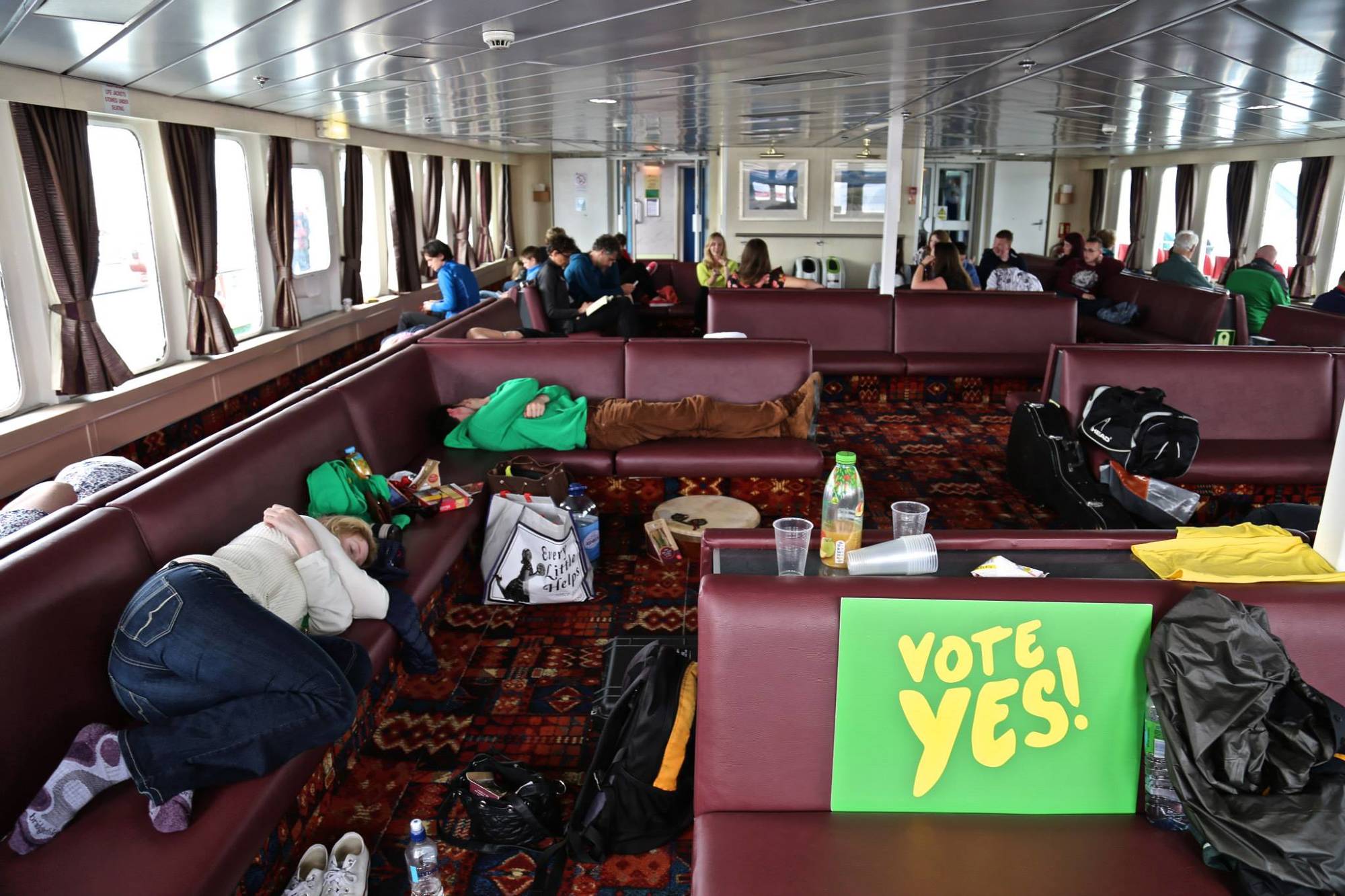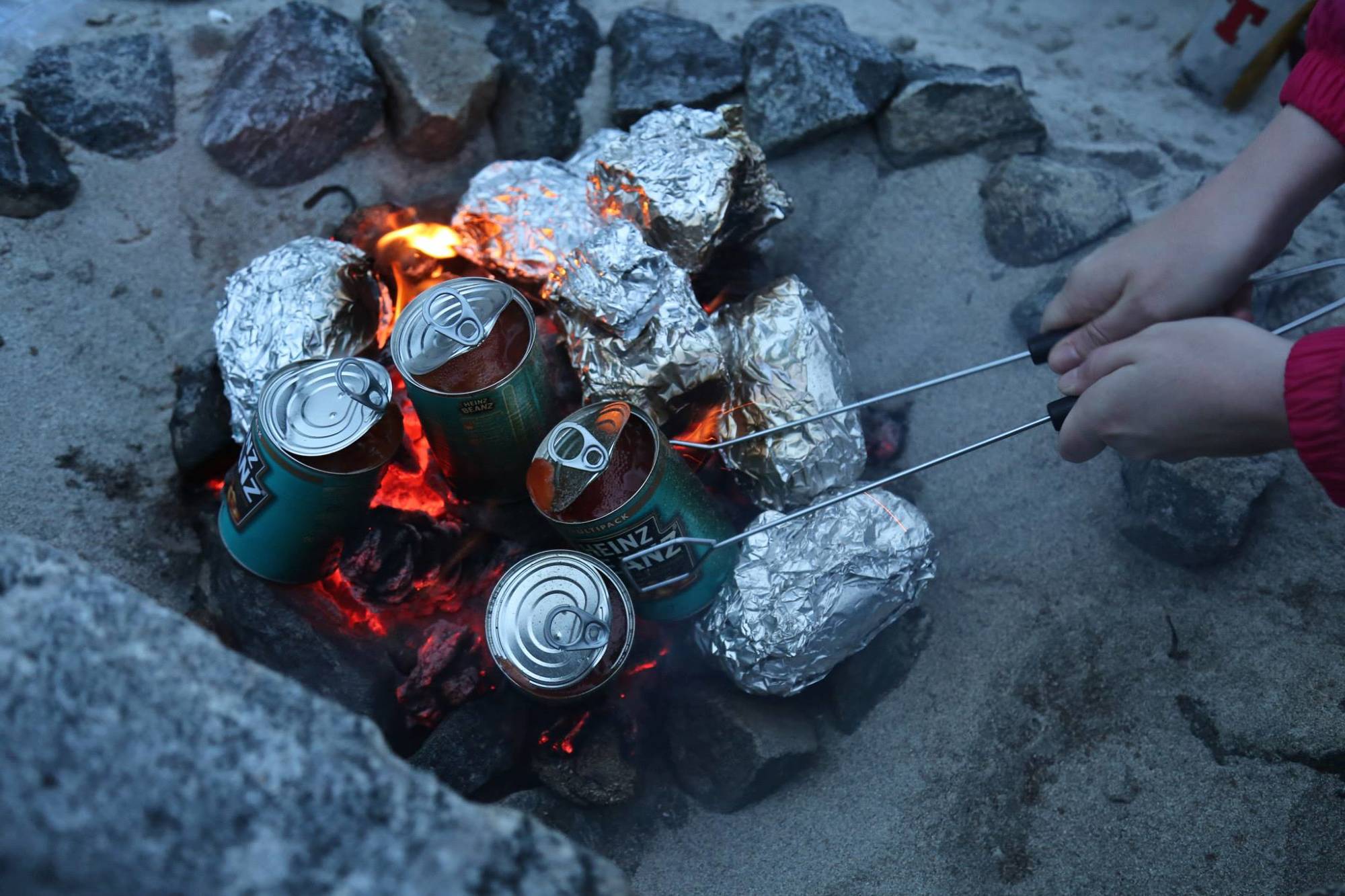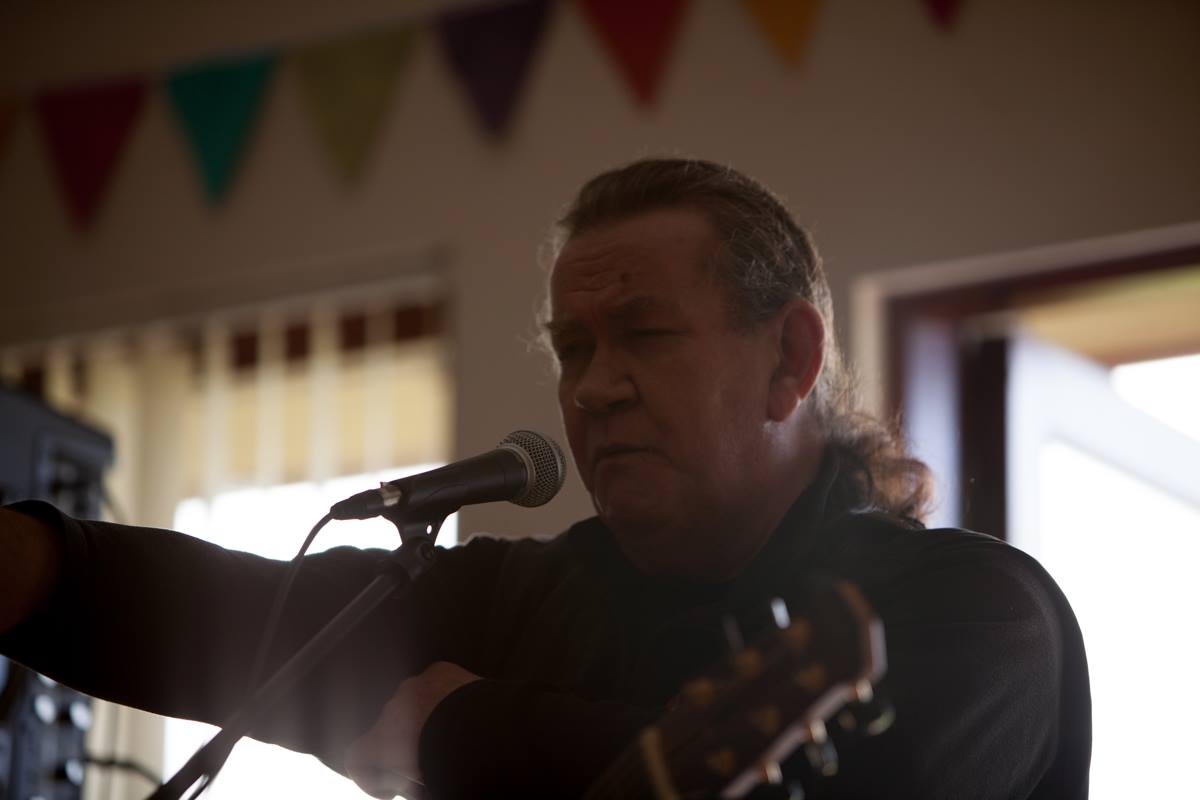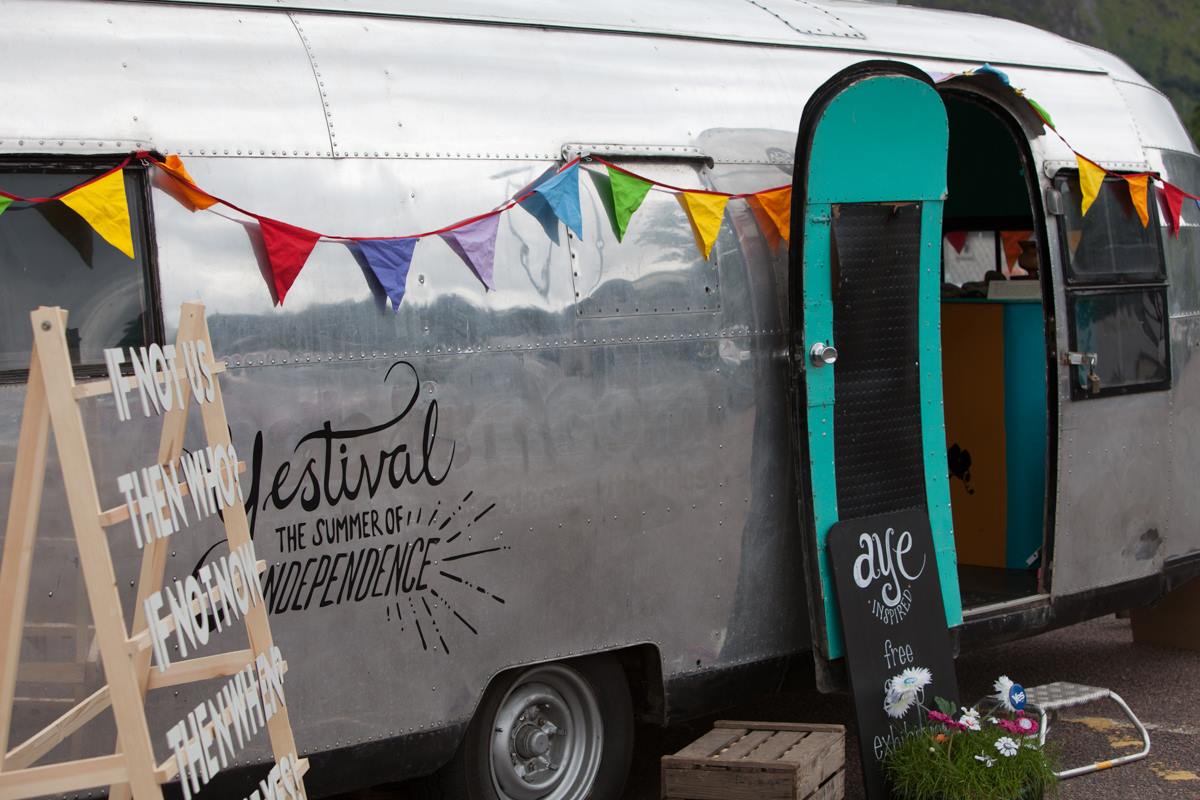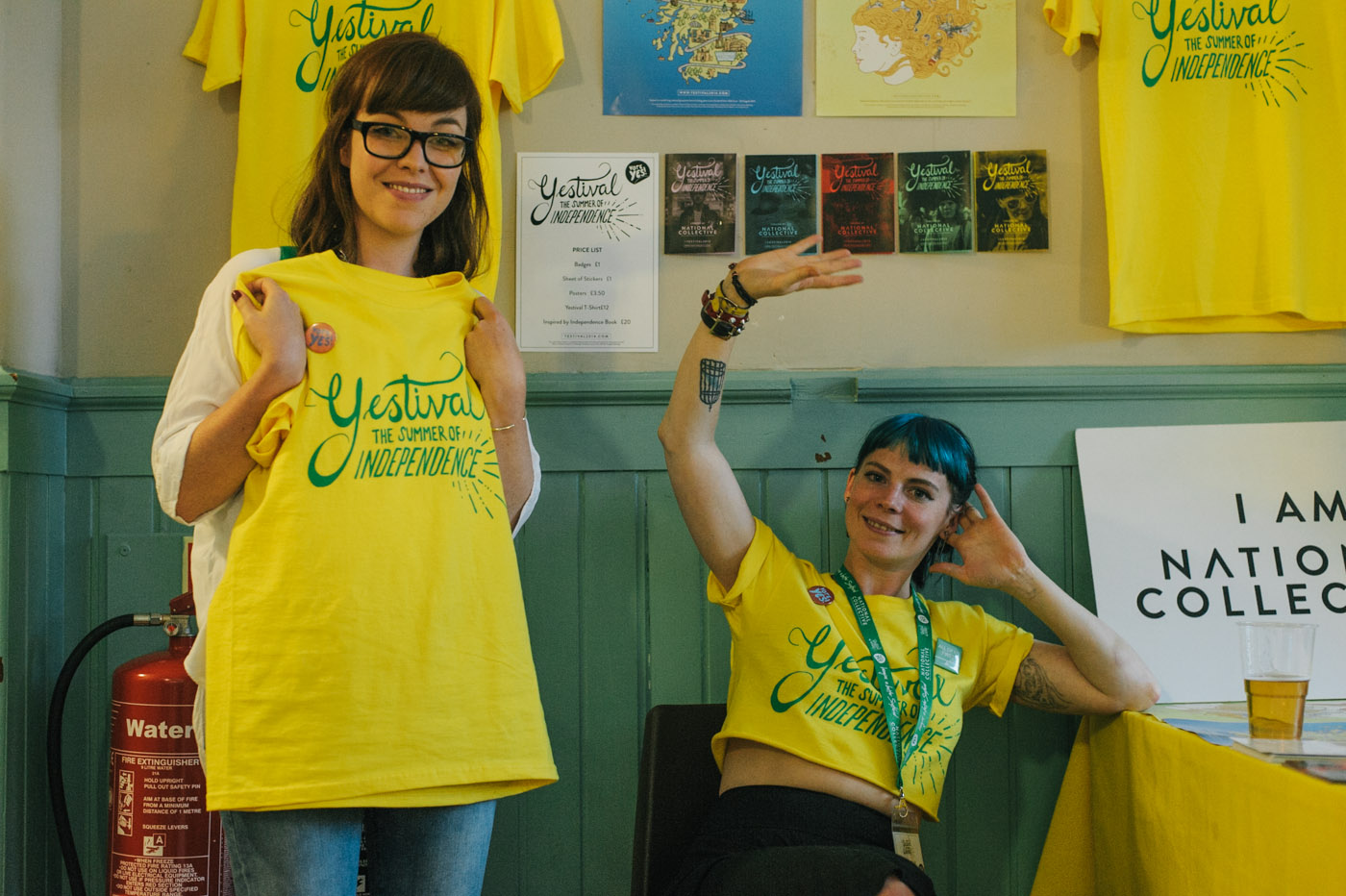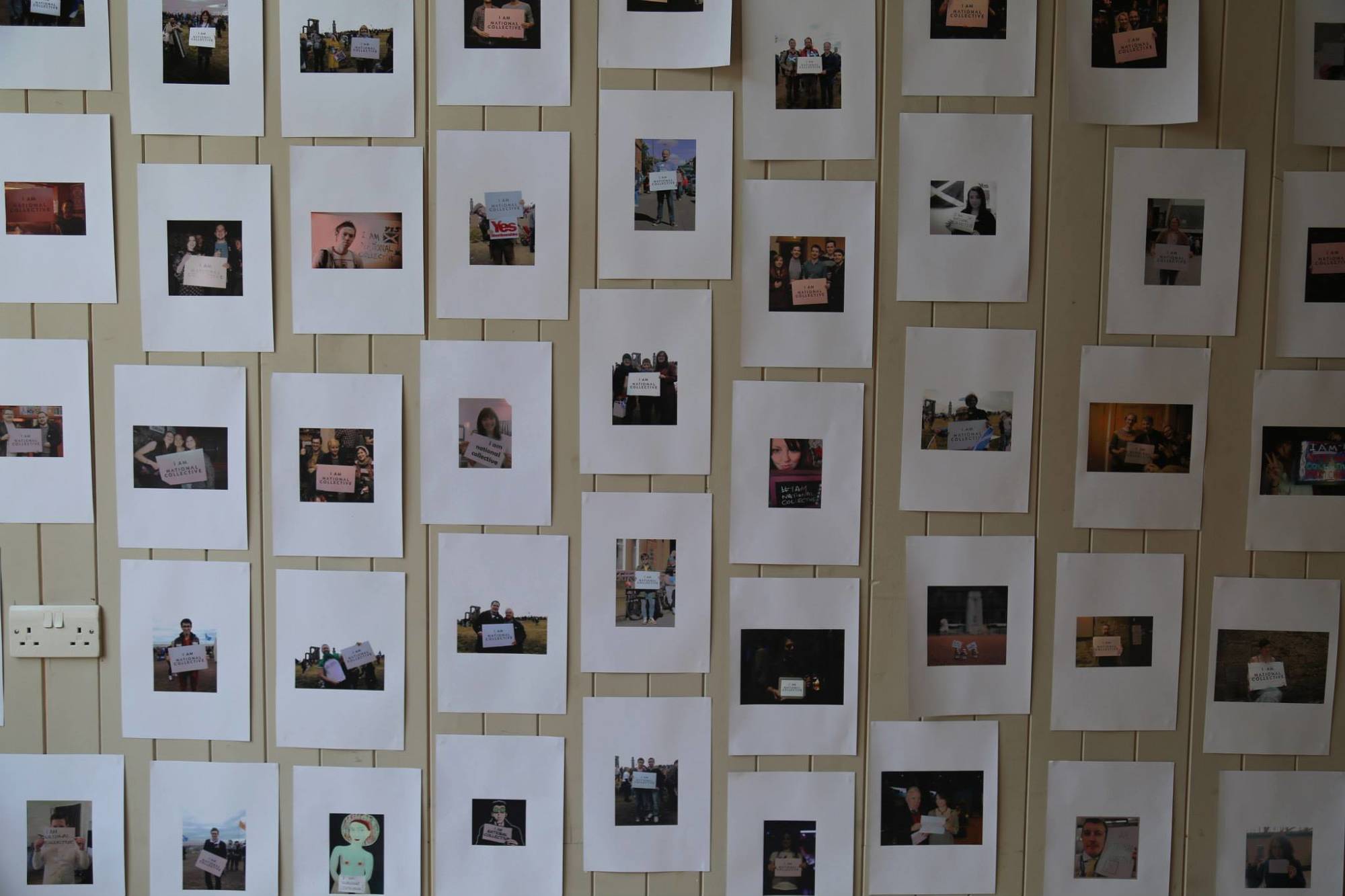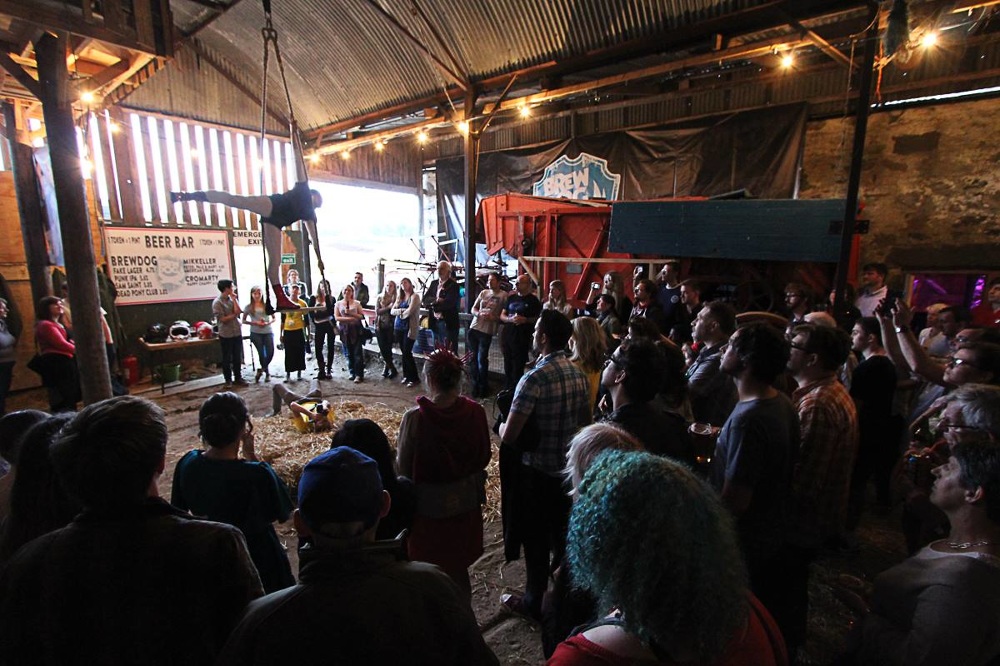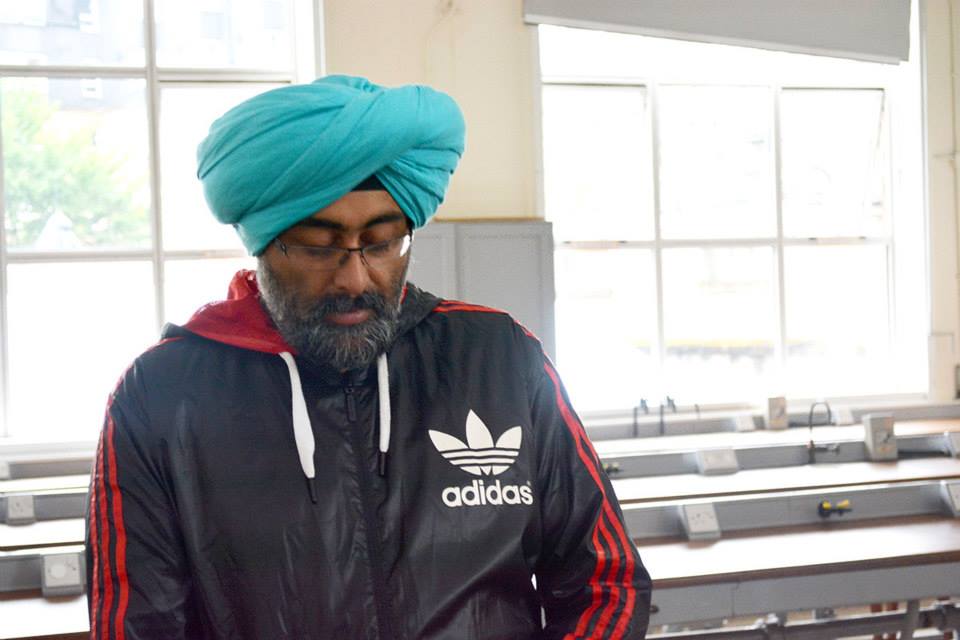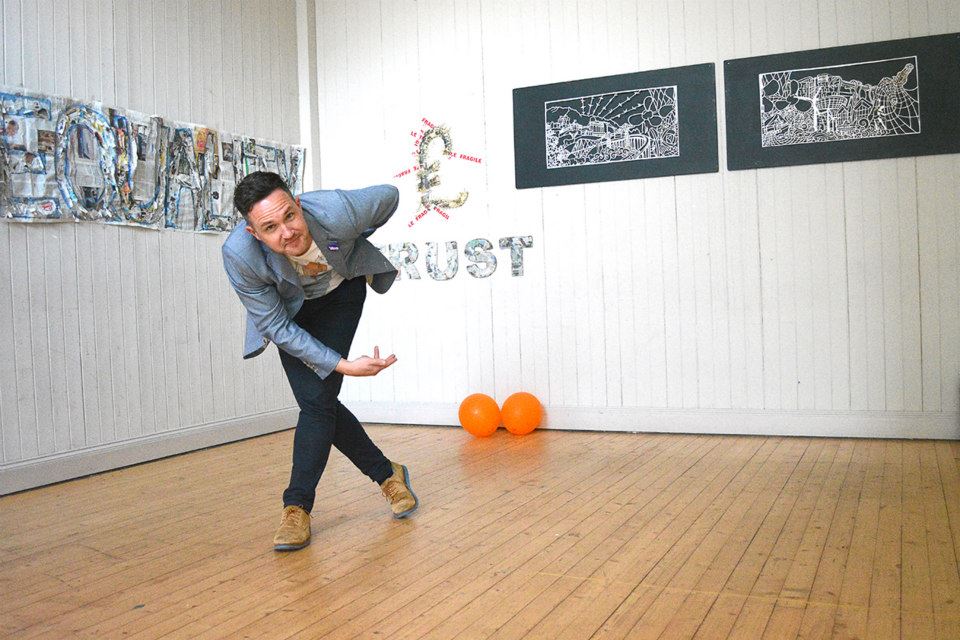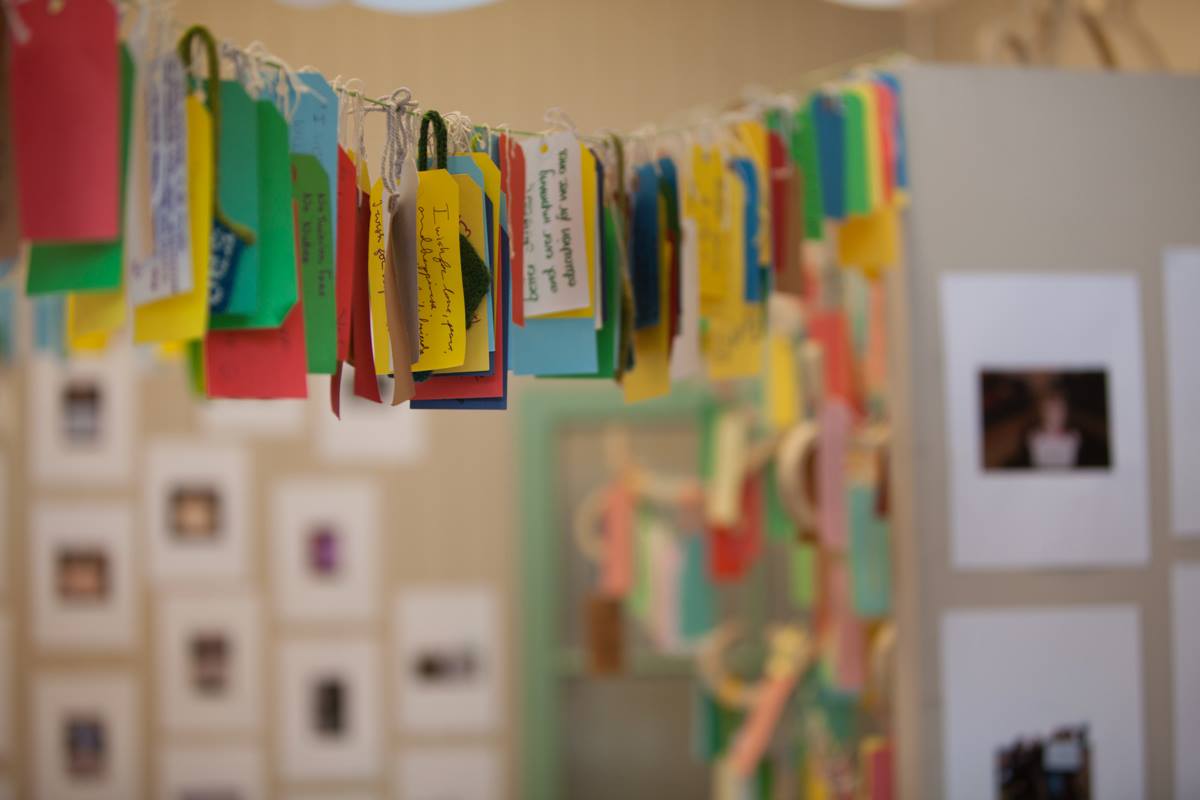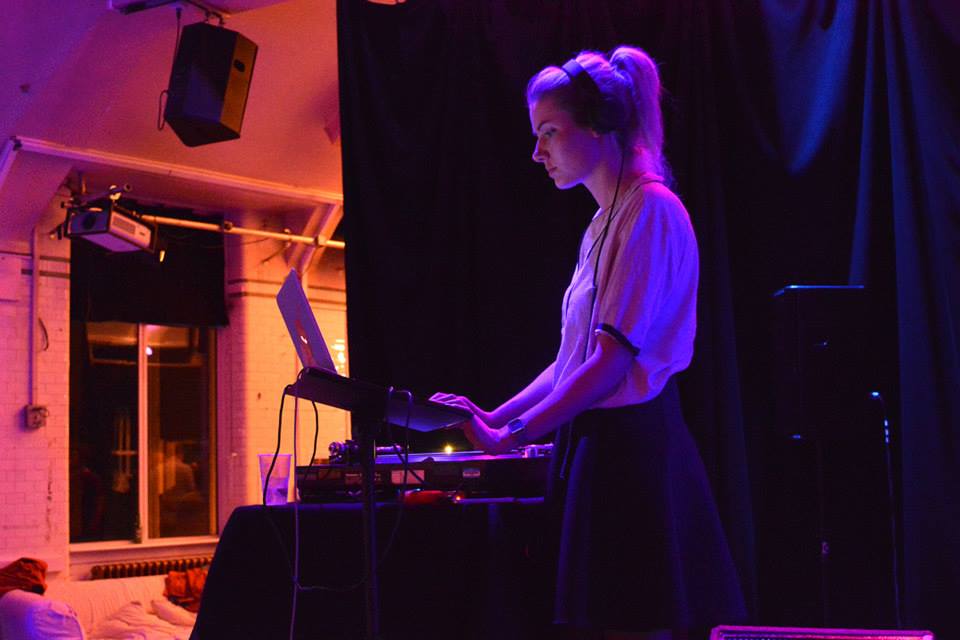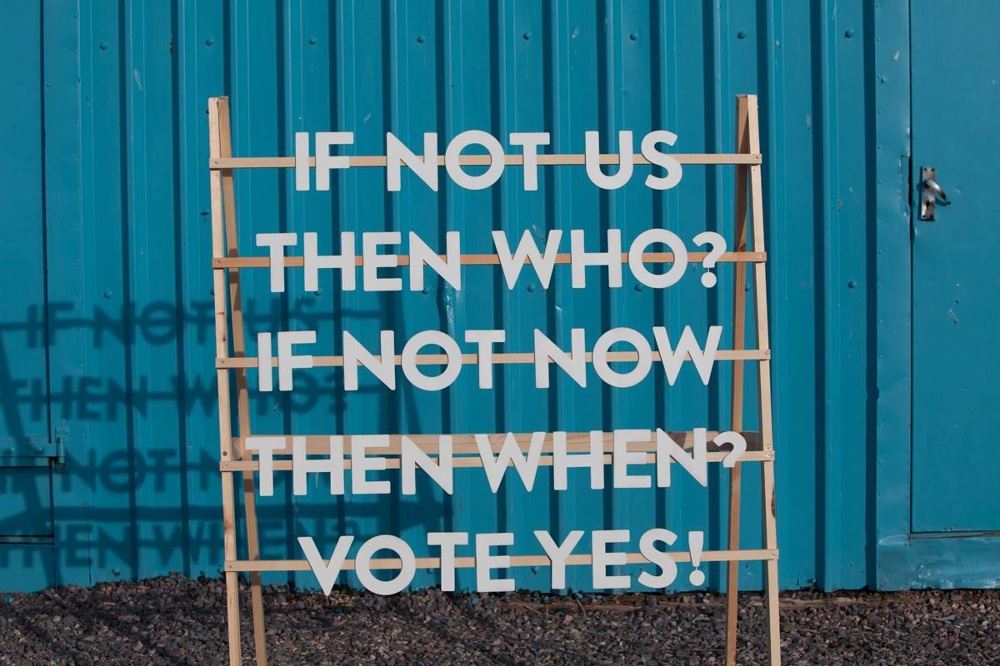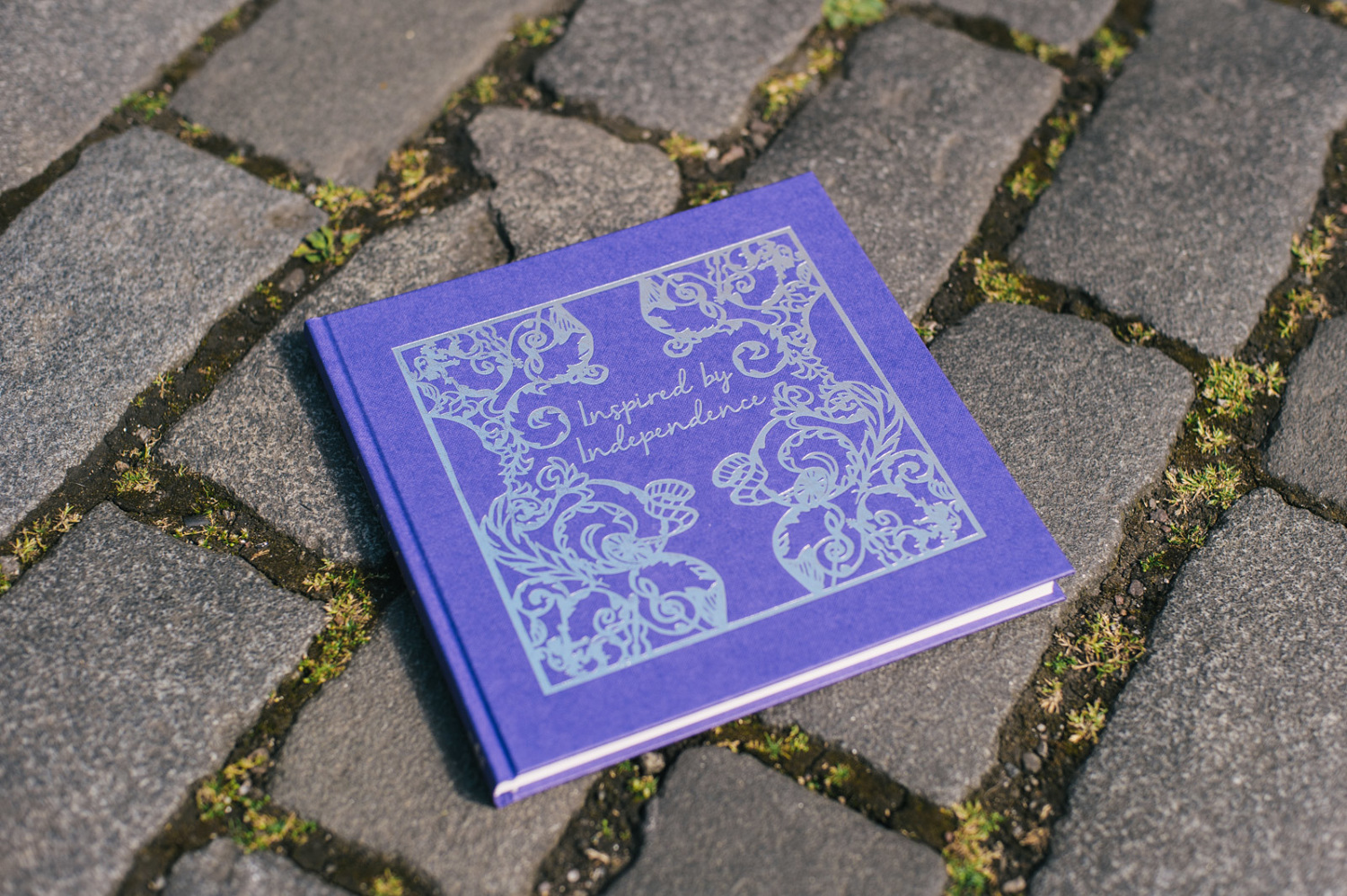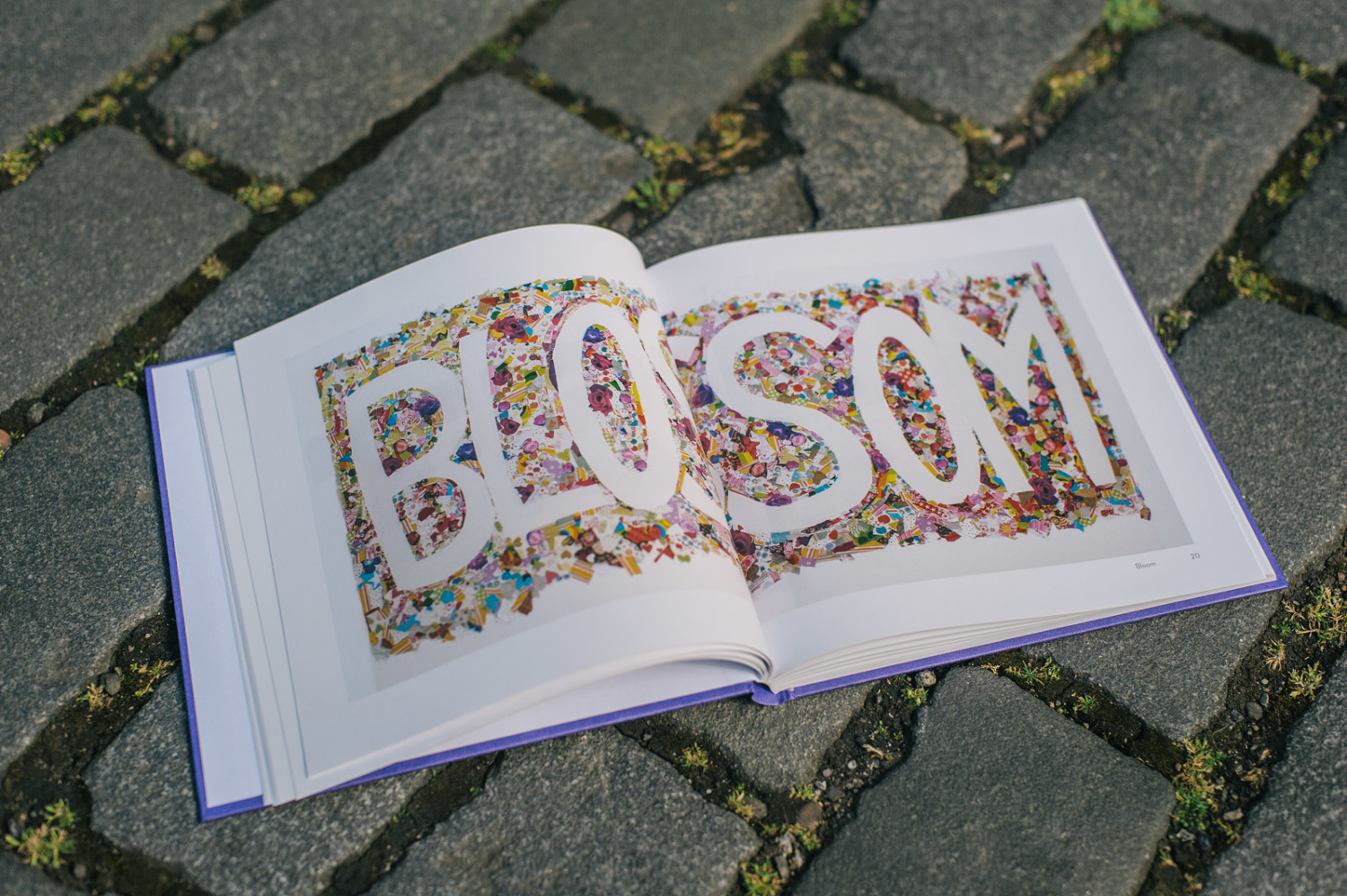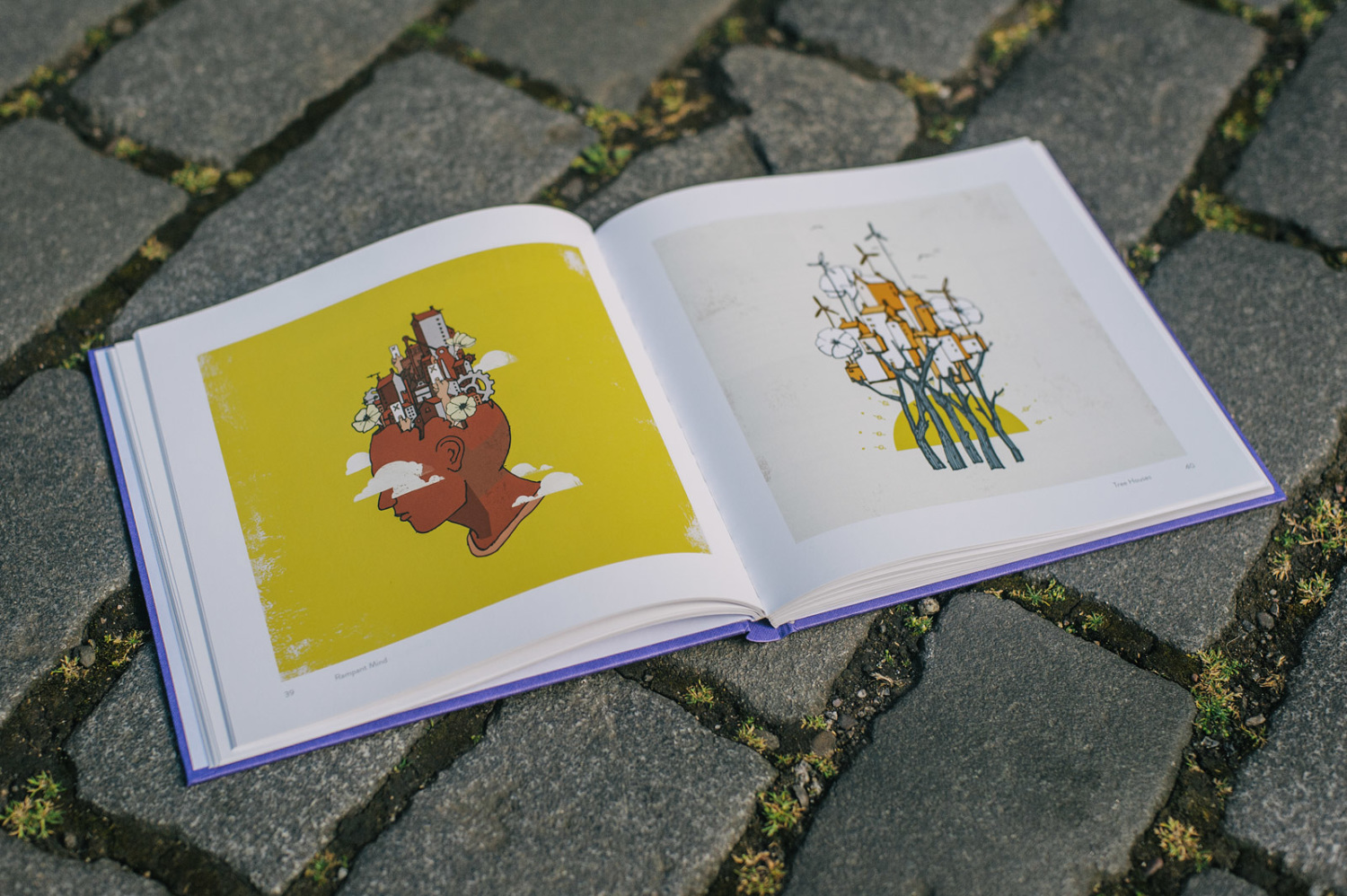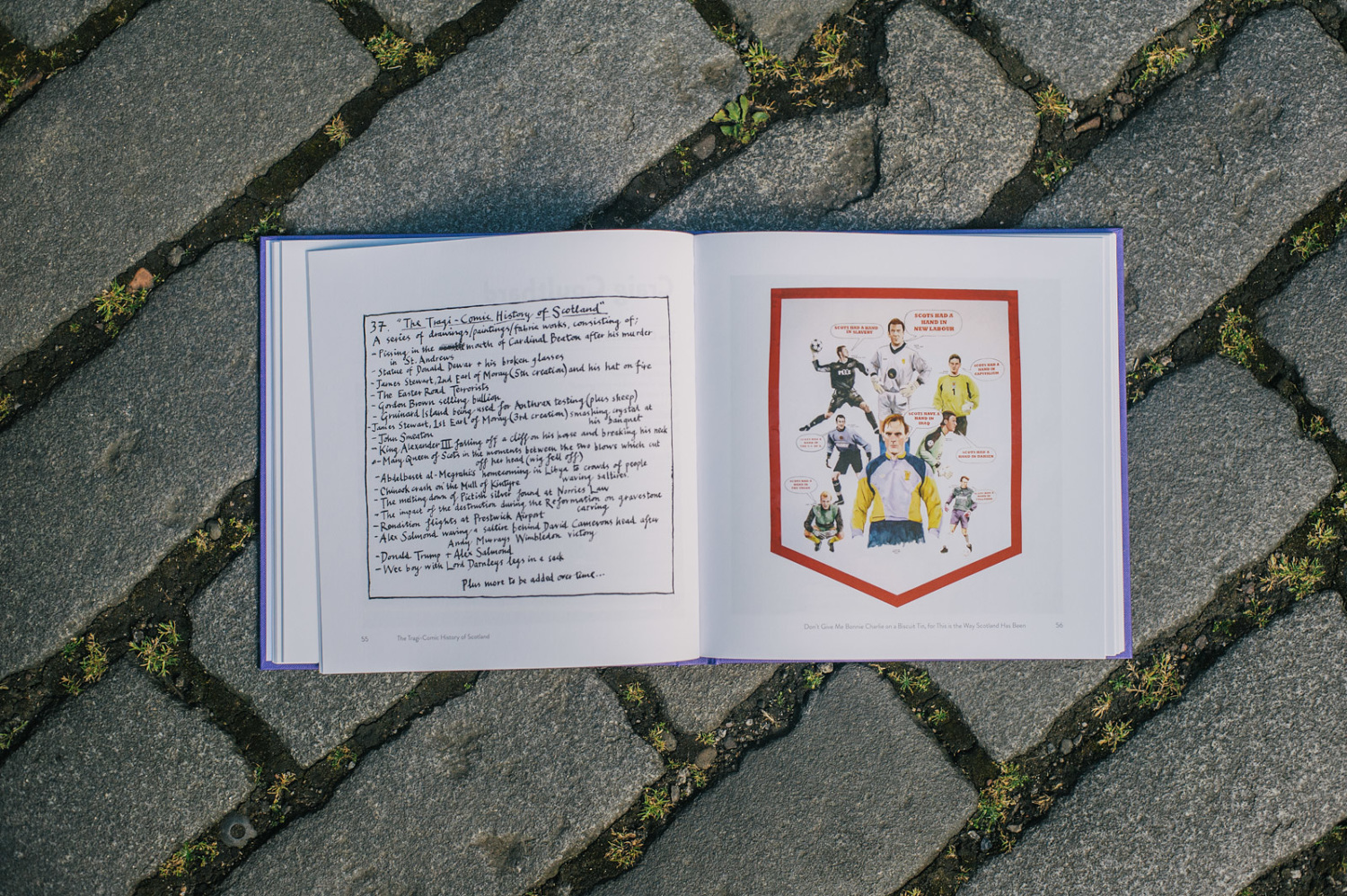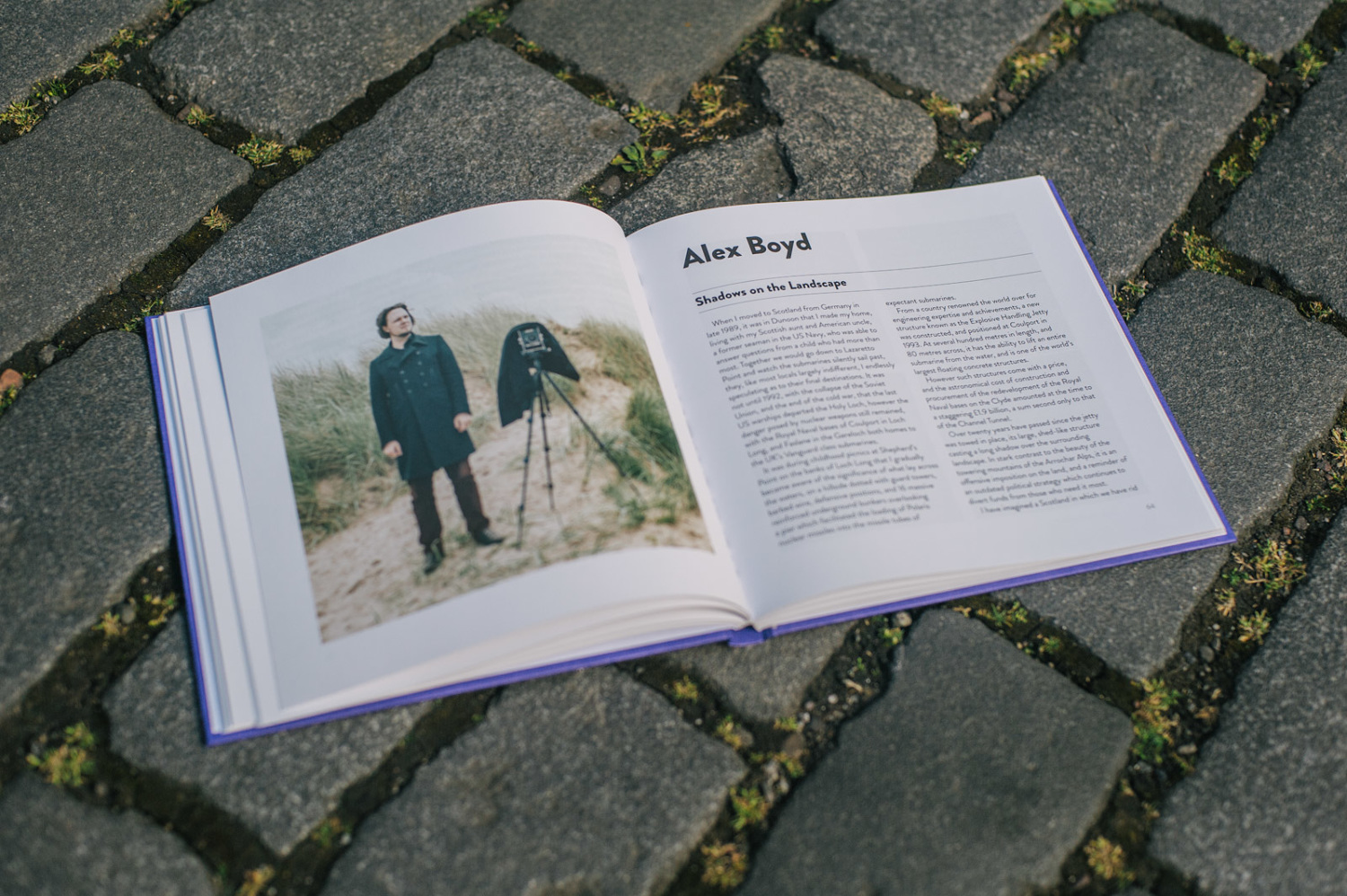This essay was first published in the Sunday Herald and is inspired by and dedicated to the utterly brilliant and tireless campaigners who I have met and worked with since launching National Collective from a laptop in my bedroom over two and a half years ago.
When I first considered getting involved in the Yes movement, I’d originally intended to design some posters.
I did, but alongside two friends, I also ended up kick-starting a movement of over 3000 of artists, writers and activists. The movement has generated hundreds of articles, events, two festivals, a landmark publication and local groups across Scotland. To say the results have exceeded my initial expectations would be a massive understatement. It’s been an utterly inspiring collective effort.
My journey to Yes wasn’t that unusual. The vast majority of my family were traditional Labour voters. Yet like so many in Scotland, Labour’s steady shift to the right, teamed with the unimaginable horrors of the Iraq invasion, created a loss of faith in their party that was now unrecognisable.
The demise of the traditional Labour Party party shook up and remoulded the political landscape across the UK, but this was felt with particular strength in Scotland. The notion of a traditional Labour voter crumbled, replaced instead with entrenched apathy and disillusionment. Scotland stopped being a country that belonged to one party, even though we remain stubbornly attached to what many still see as “Labour values”.
For my family, like so many others who supported Labour for generations, their disillusionment with what the party has become has moved them, at last, towards support for an independent Scotland.
It was this disillusionment with the narrow, professionalised, Westminster political system that led to the creation of National Collective. But it was also about wanting to do politics differently and on that front we’ve succeeded.
I believe that creative practitioners benefit immensely, like other workers, from a society that is more equal. The UK is the fourth most unequal country in the world. Aside from the direct cultural damage inflicted by cuts and austerity to the arts, most artists live precarious economic lives. Therefore constantly spiralling living costs radically affect the ability of individuals, especially the young, to participate in culture. No Westminster political party is offering an alternative on this.
Images have always played an important role in shaping our identity, our culture and our perspective on history. And it is our belief that art and creativity has an immeasurable power to influence people, to dispel political apathy, to inspire ideas and to motivate change.
As a result of this campaign Scotland has already changed.
People from all walks of life have realised, many for the first time, that we are a young, vibrant nation, ready to meet the future head-on, with our minds, our hands and our creativity. The flowering of ideas and the convening of artists around the idea of independence during this debate demonstrates that Scotland has been energised as result of its position at such a unique juncture.
Whatever the result next Thursday, we really have risen to the occasion.
Yestival, for example, was a colourful, exciting and at times unpredictable national tour. We worked with local communities, made use of local spaces creatively, took over village halls, created pop-up exhibitions, invited local speakers and performers to contribute as well as presenting a touring band of National Collective performers.
We were genuinely taken aback by the positive response it received from the Scottish Borders to Shetland.
Scotland’s Referendum debate has brought an unprecedented level of public engagement with politics through the revival of town-hall meetings and through cultural events across Scotland.
Grass-roots social media activism has countered the tactics of the No campaign and the mainstream media by utilising facts, creativity, wit and humour. Politics has become fun again and a Yes vote would let us nurture and channel this energy into nation-building events like the creation of a constitution.
This year we have a question that will define our generation. We can be the Scotland that chose to grasp the chance to create a better society, or the Scotland that put fear before hope.
In a wide range of fields, from literature to the applied arts, our nation is world-leading. But this isn’t about claiming to be better than any other country; it is claiming equality. The past achievements of Scottish intellect, creativity, and ingenuity are an exceptionally precious resource.
At its best, our creativity has been unbounded in its vision and ambition. All of the energy, thought, imagination and graft that has been poured into this campaign will not go away. It will inform the future that we choose to build.
In contrast, the No campaign backed by big money has failed to adapt to the new media landscape, treating those who campaign creatively and online with disdain, and the electorate as if they were a focus group.
In no uncertain terms, a Yes vote would be a victory for the Yes movement in the face of the full UK state, corporate and media might. It would be a victory for the network generation against the antiquated hierarchy of the British state. It would be a victory against all of the odds and one that would reverberate across the planet and throughout history. But most importantly, it would be a victory for democracy and the will of the people of Scotland in deciding their own future.
The opportunity to create a new state is perhaps the ultimate challenge that a society can grapple with. It is also a fundamentally creative one. It is the task of artists to inhabit the vanguard of imagining and questioning the future of a society.
After Thursday’s vote, we must do all that we can to maintain the spirit of exploration and rediscovery that has defined this campaign. Whatever the result, it will be needed, and whatever problems we face, we need to solve them with all our creative, collective ability.
Perhaps the most important thing about National Collective is that is was never supposed to happen. It really has been a spontaneous, unplanned adventure.
I never expected to have opportunity to work with so many brilliant and talented people in support of this campaign. Like so many other parts of our movement our power is decentralised and self-generating.
It’s not about policies, committees or ideas: it’s about being active, engaged and educated. Other than helping to win a Yes vote, I hope that this pro-active attitude, that inspires ordinary people to do remarkable things, will form our legacy.
Scottish independence is a fork in the road, it’s about who we are and the society we want to be.
For the first time in our lives, as you step into the polling booth on Thursday, our future really is in your hands. This is, indeed, a once-in-a- lifetime opportunity for all of us to build a better nation.
So, Scotland, what kind society do you want to be part of?
Ross Colquhoun
--
Photograph by Robb Mcrae







